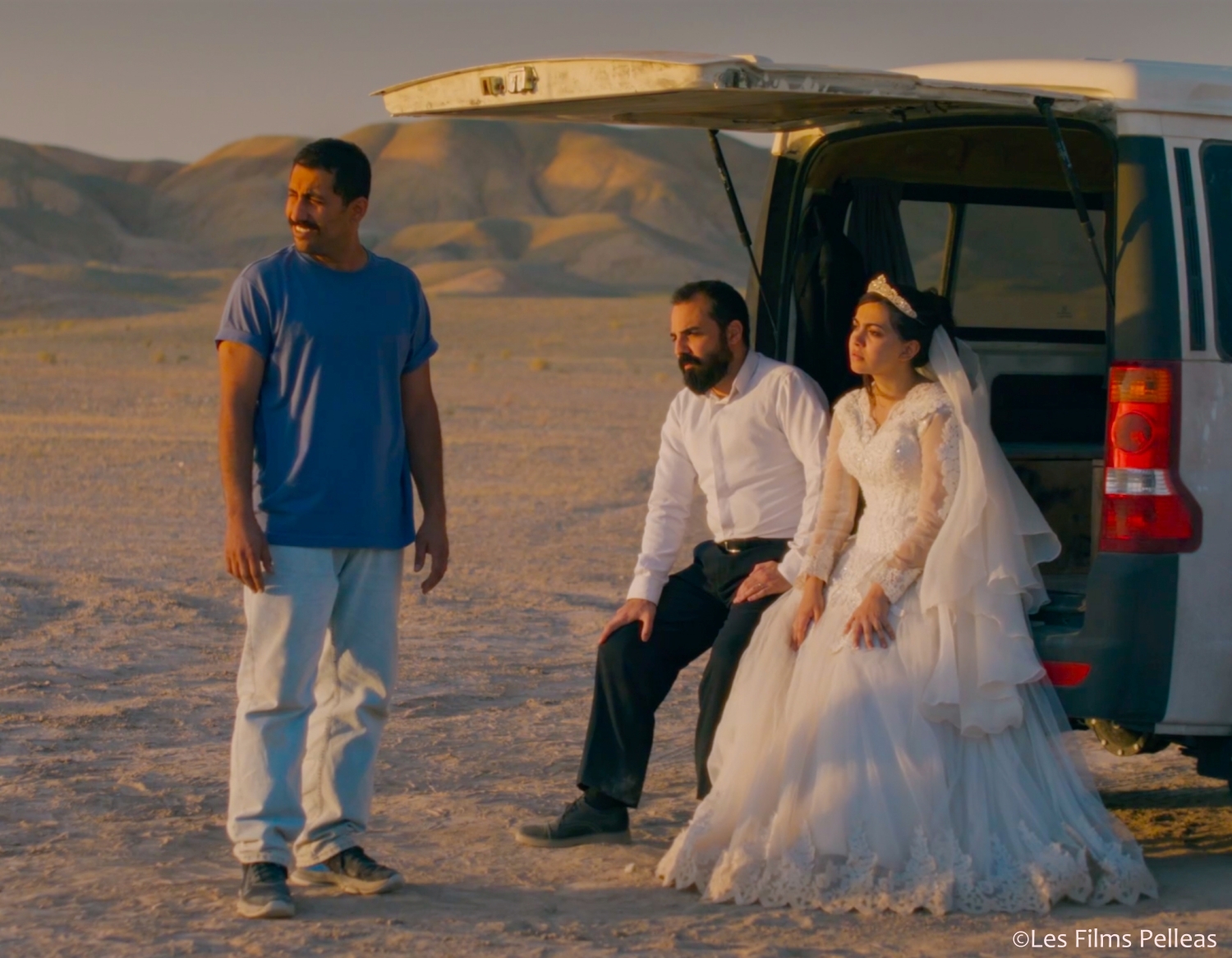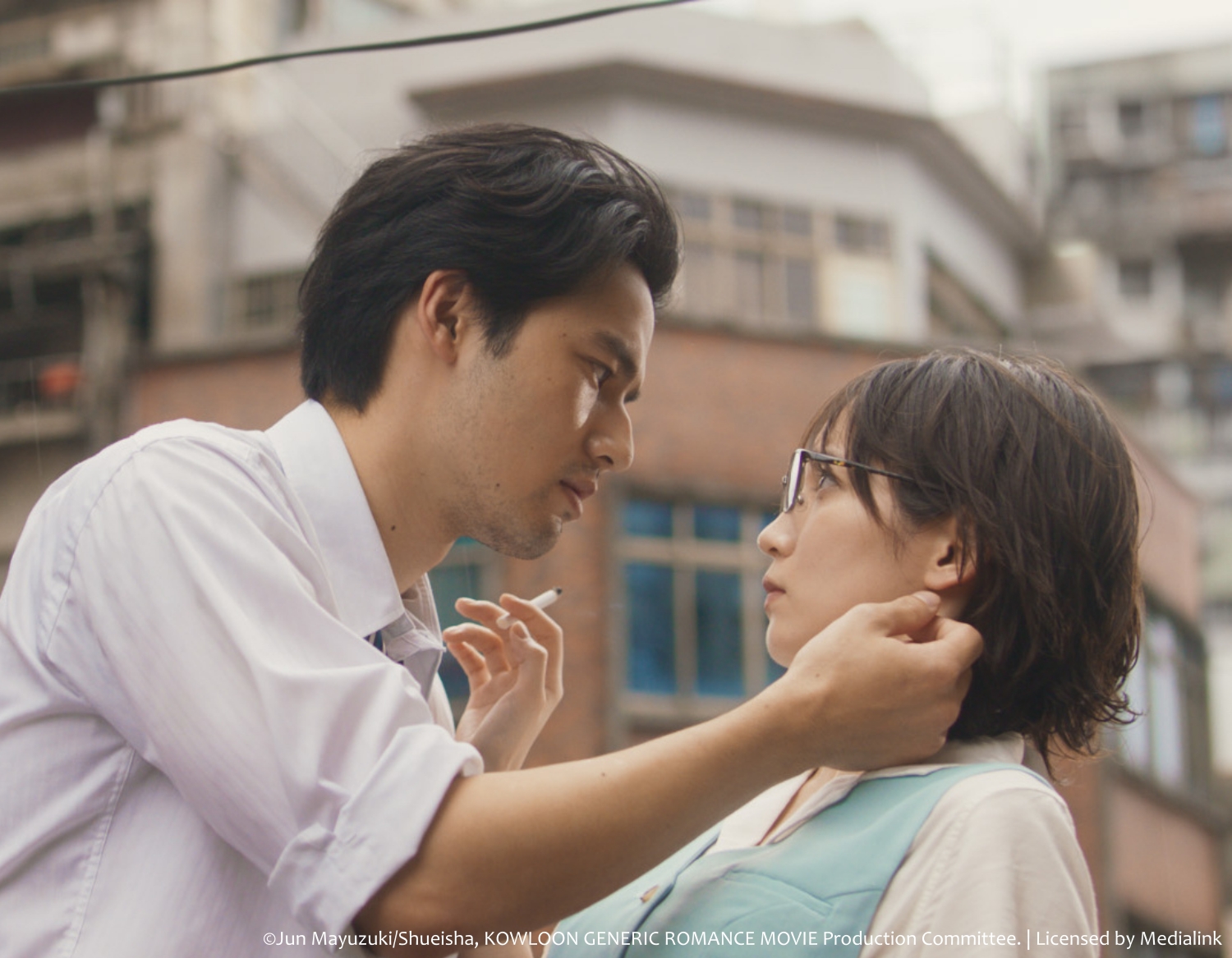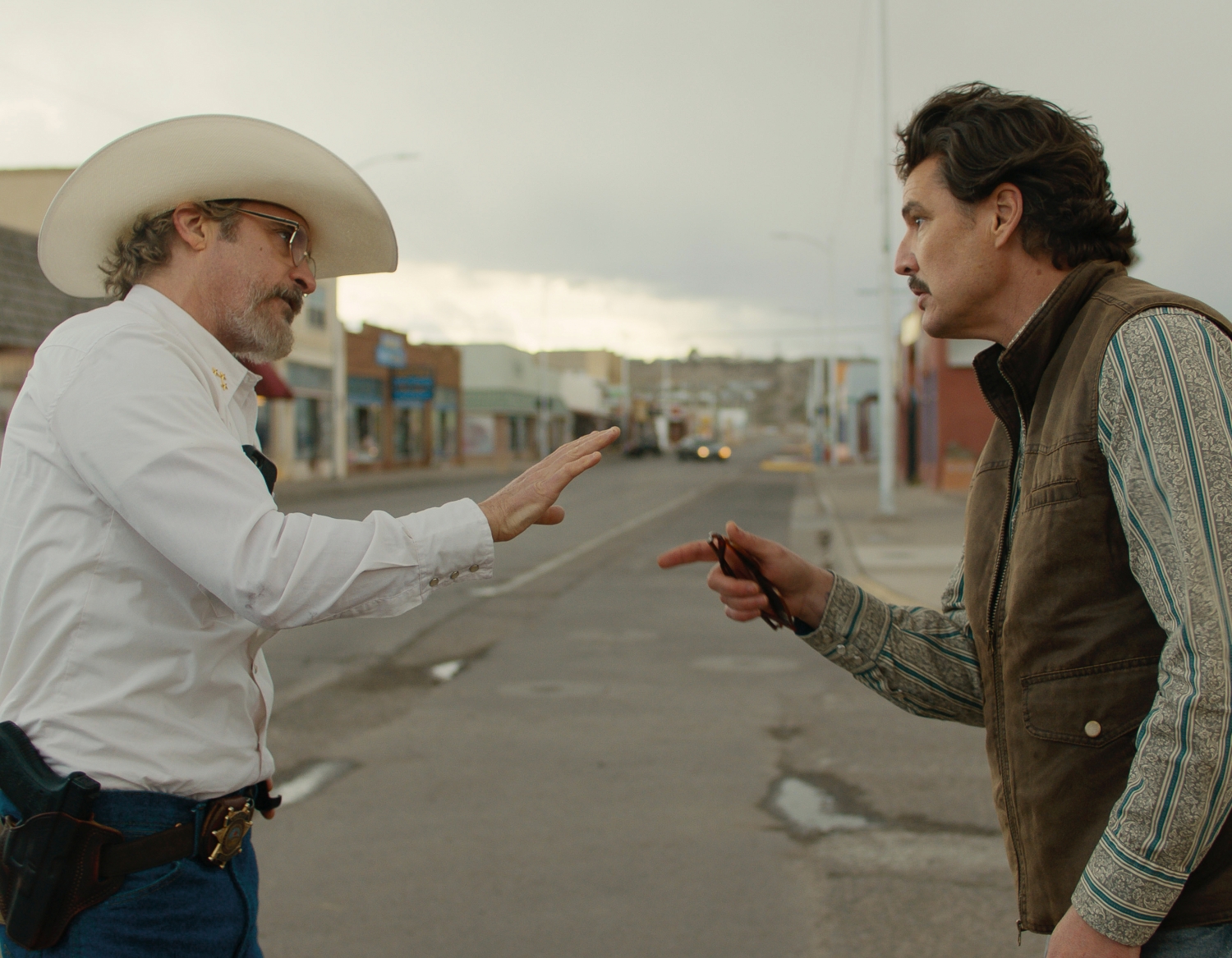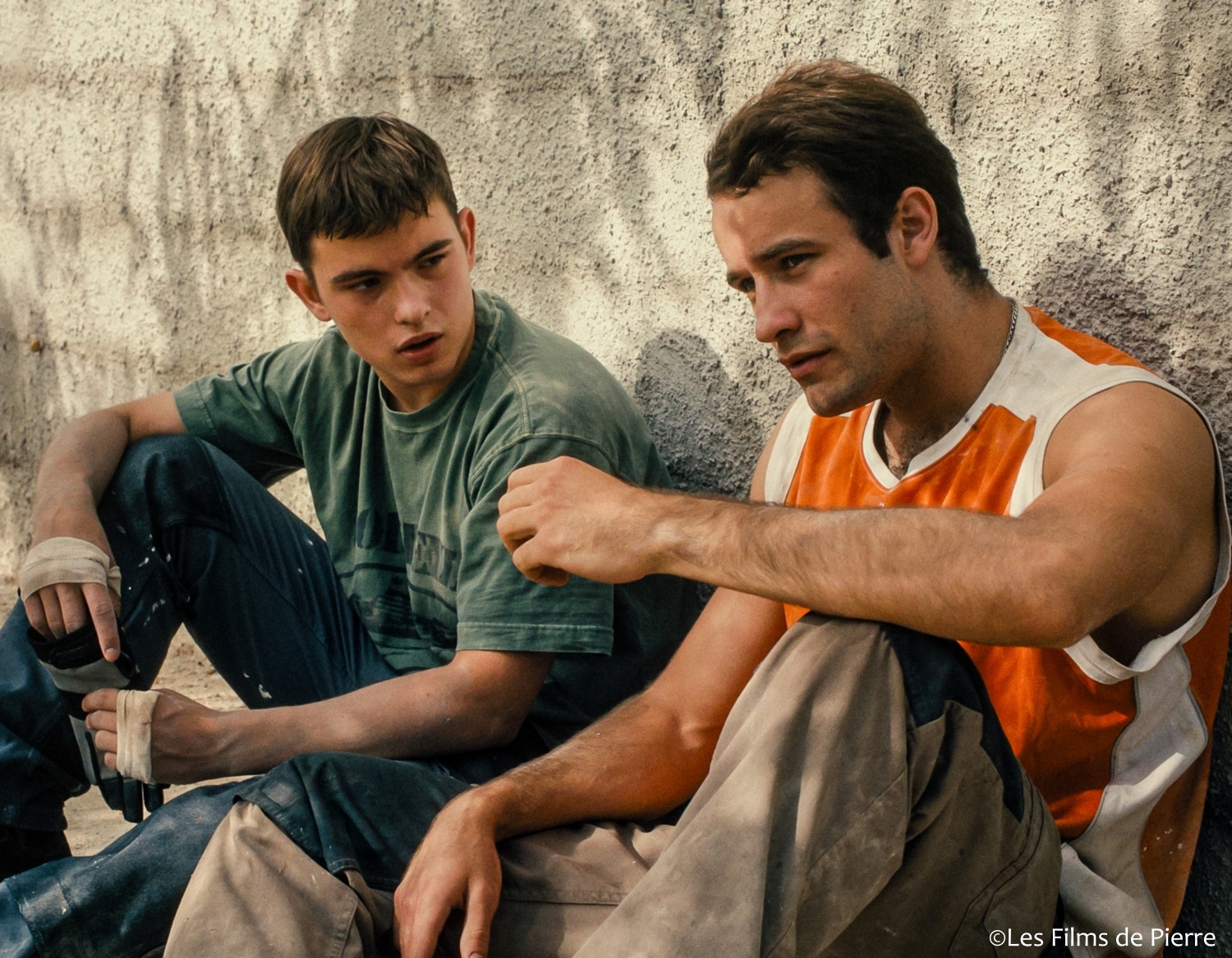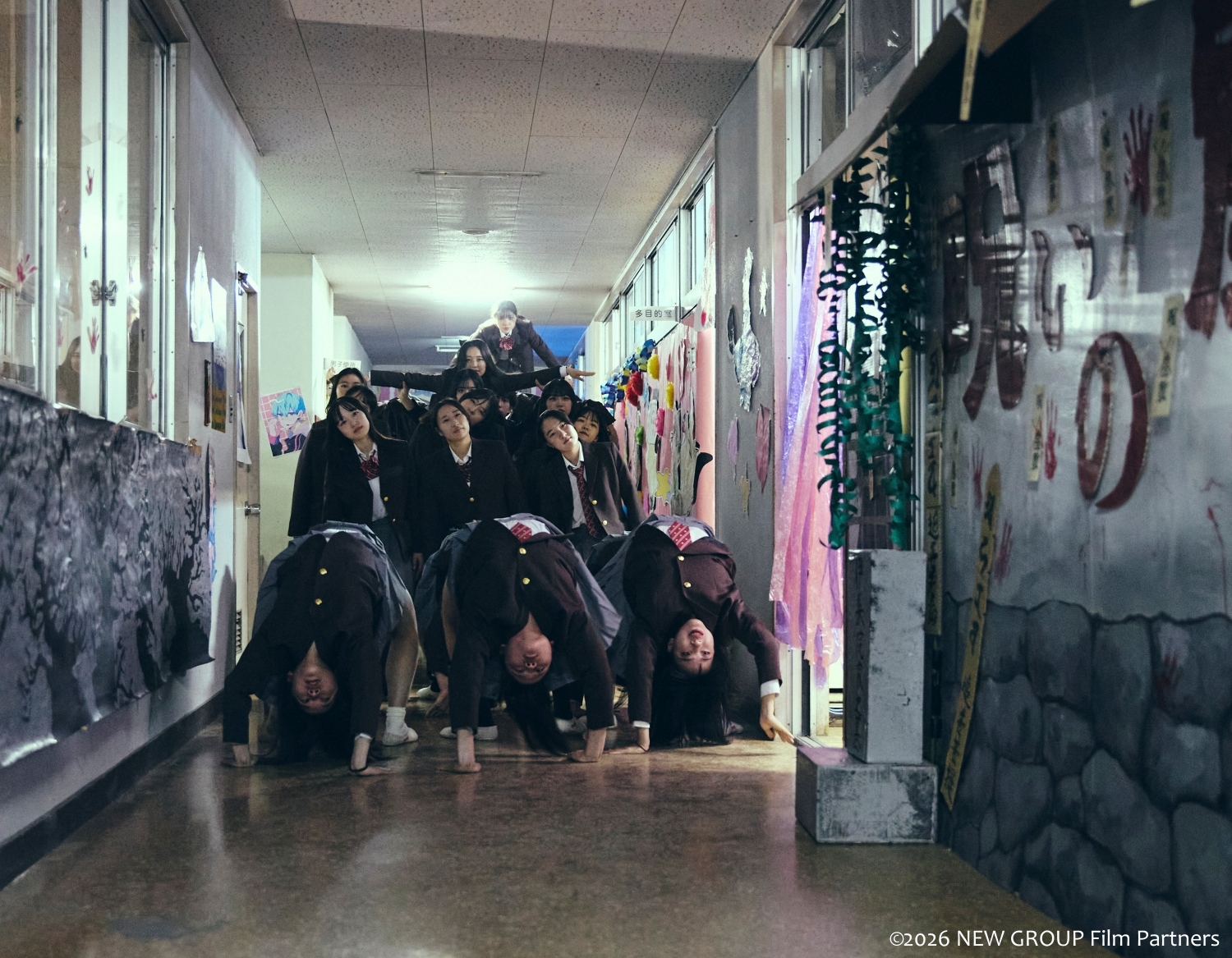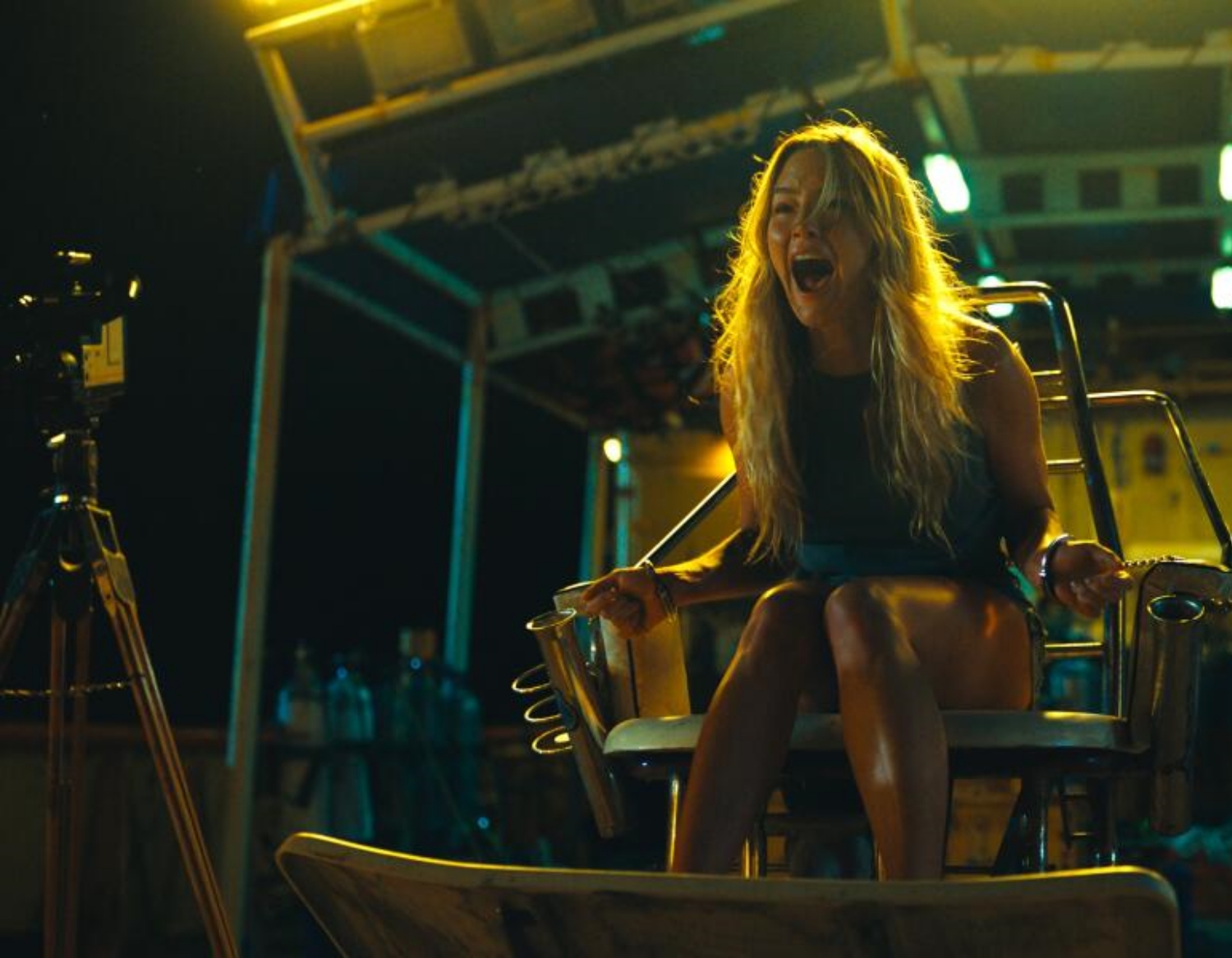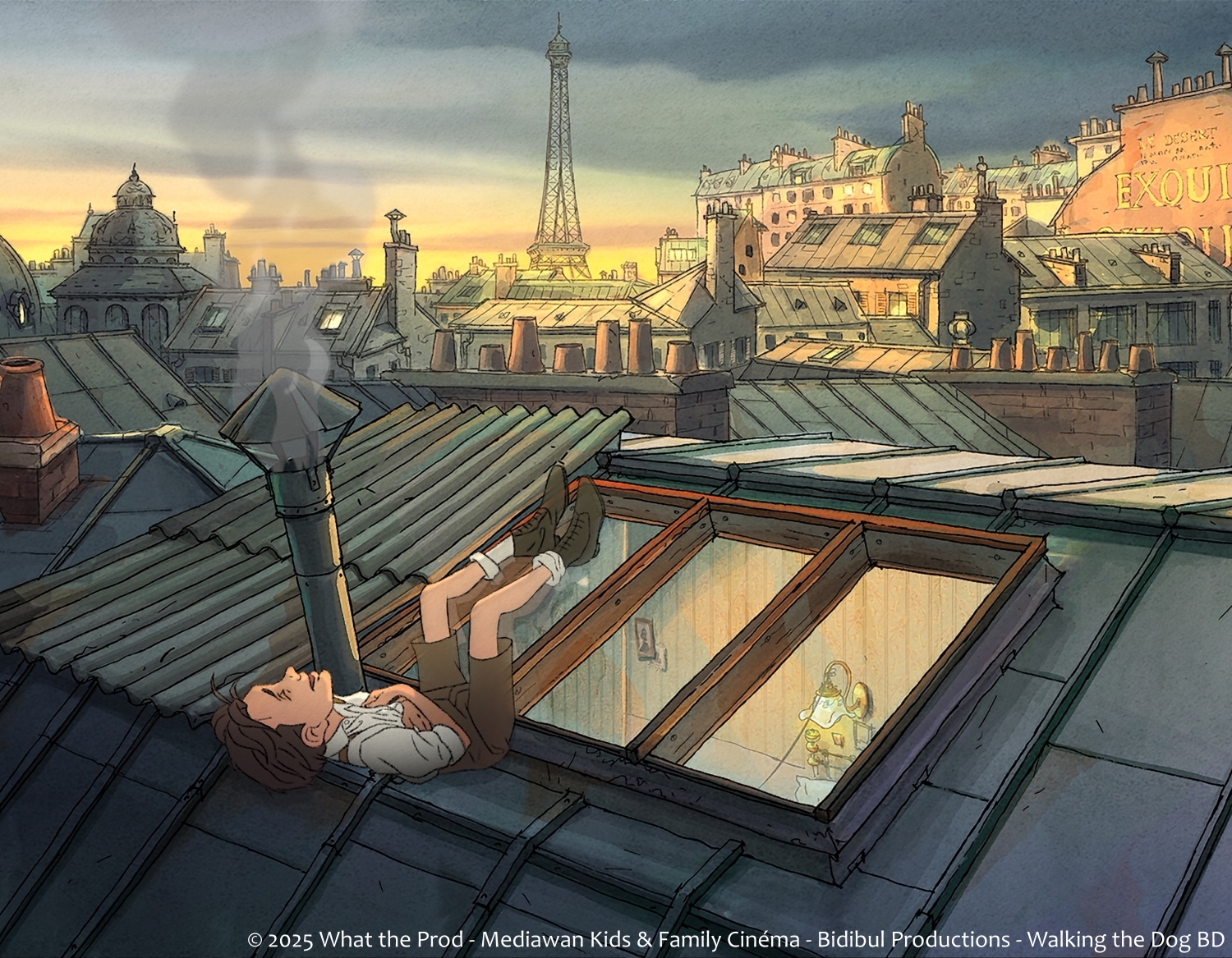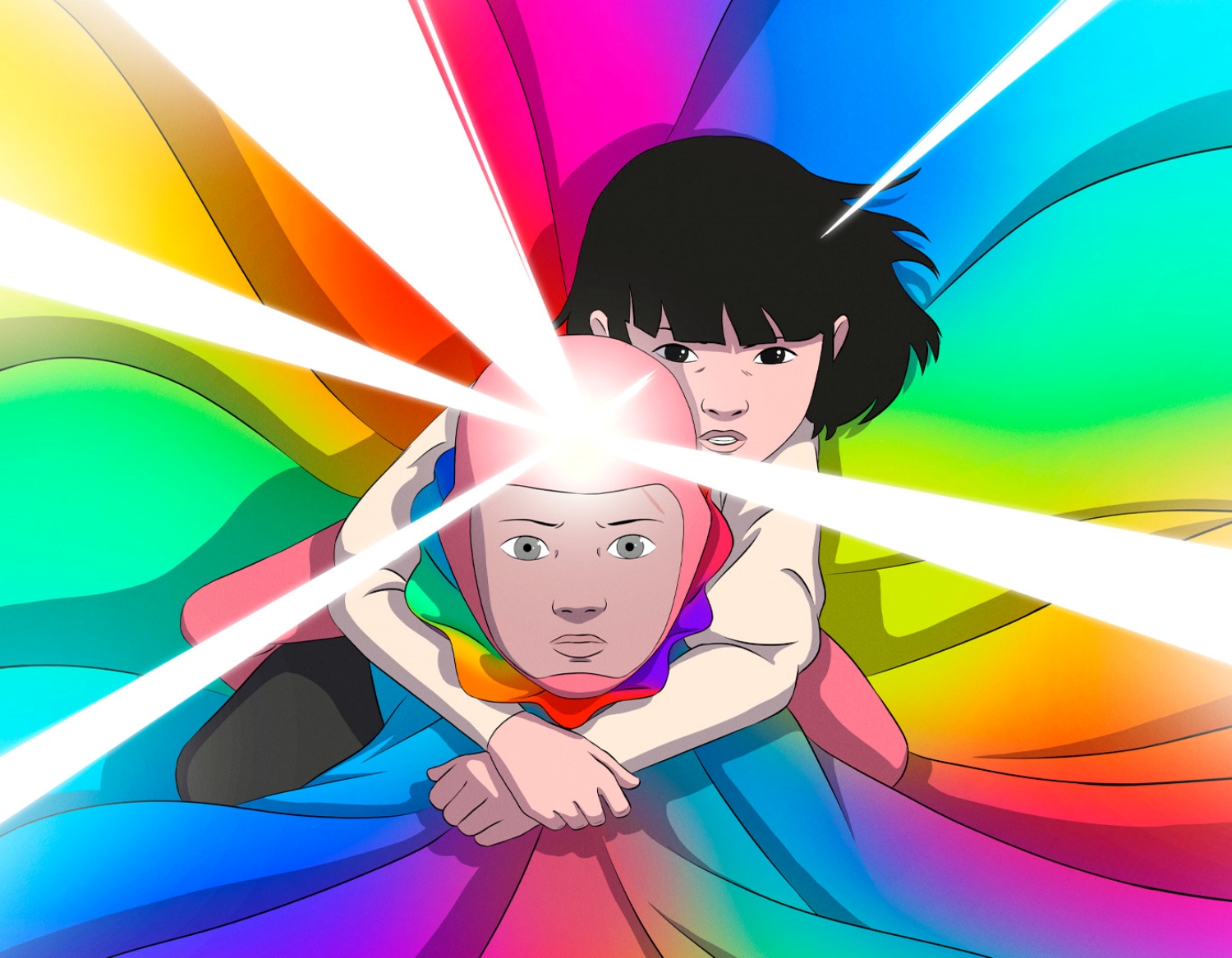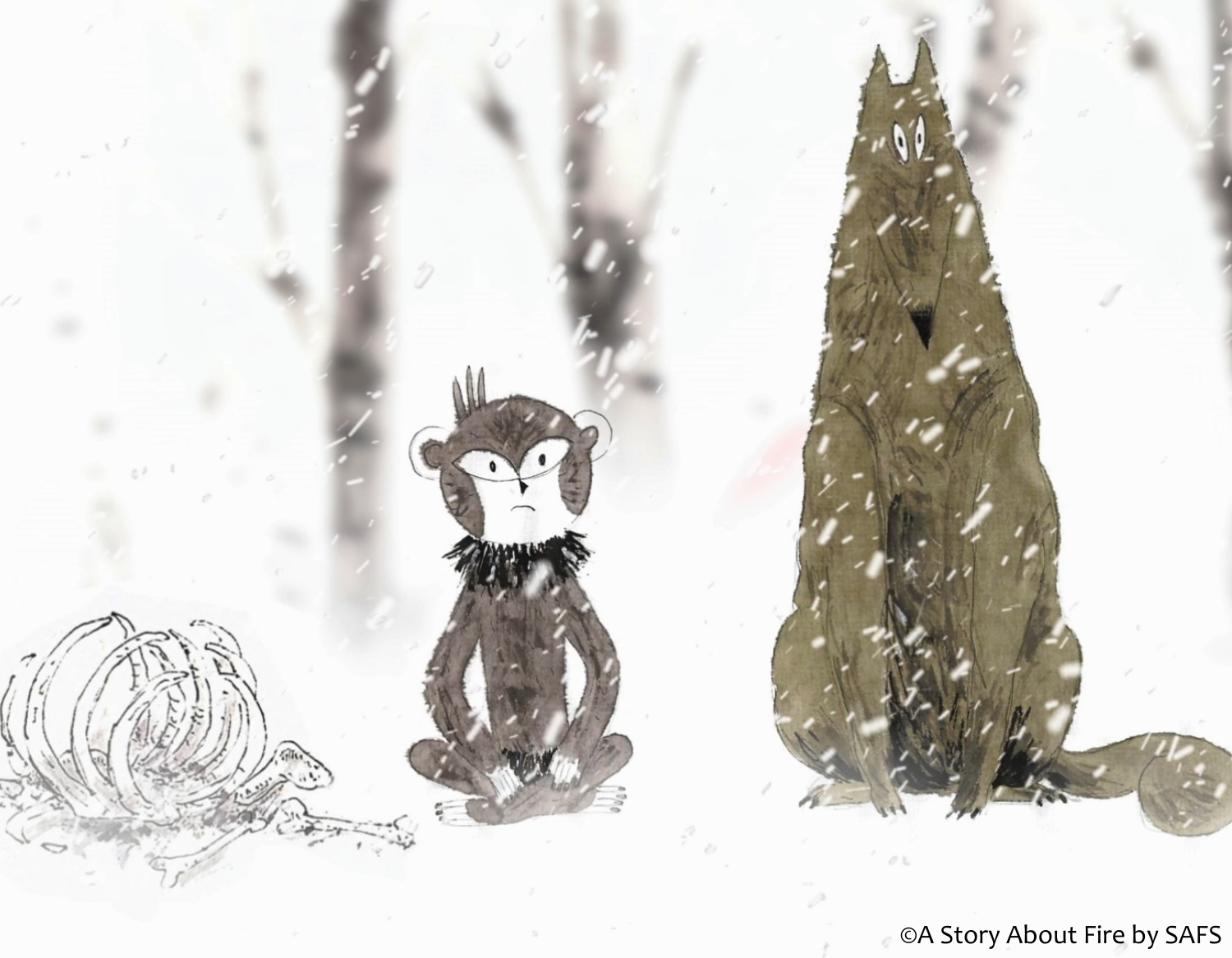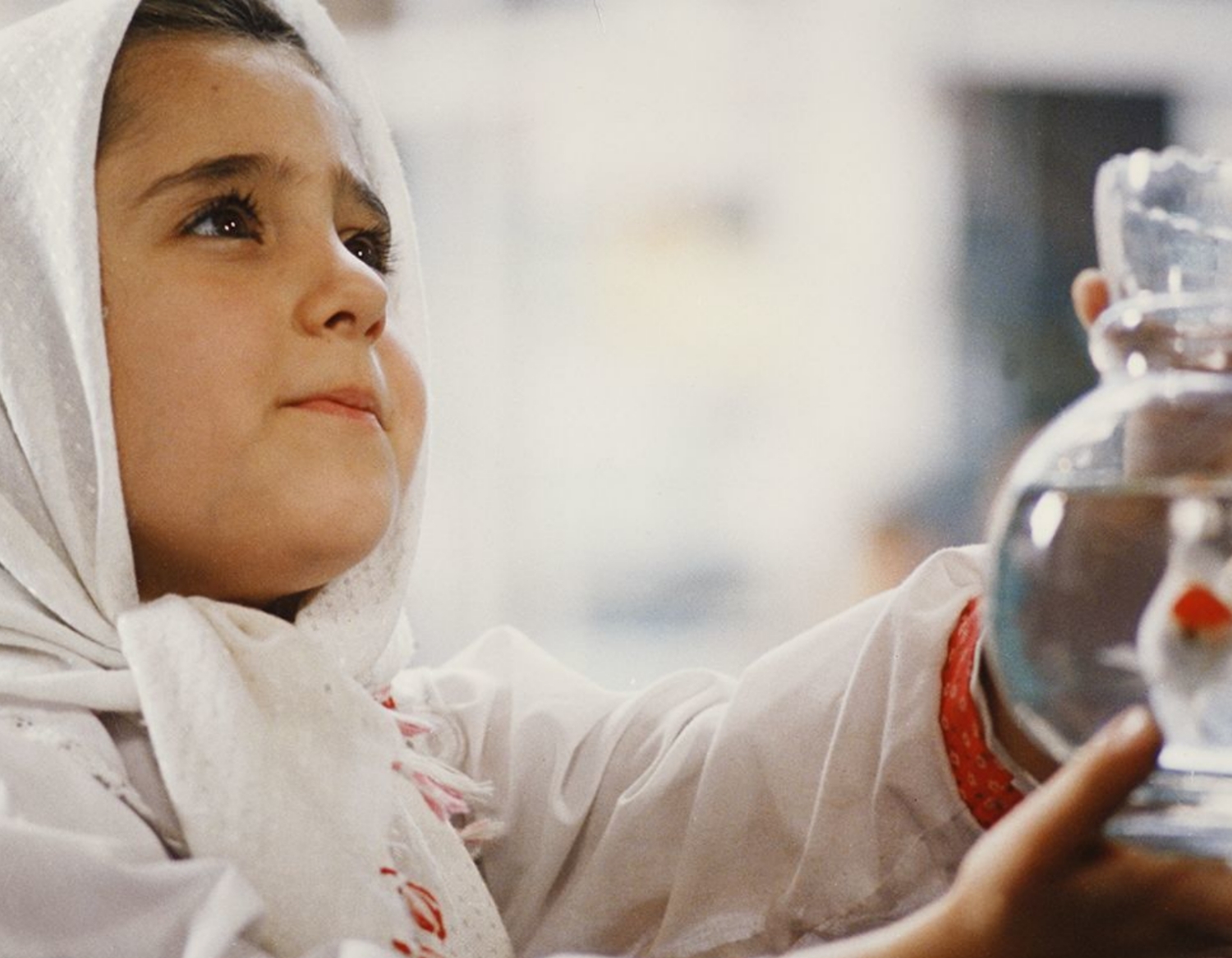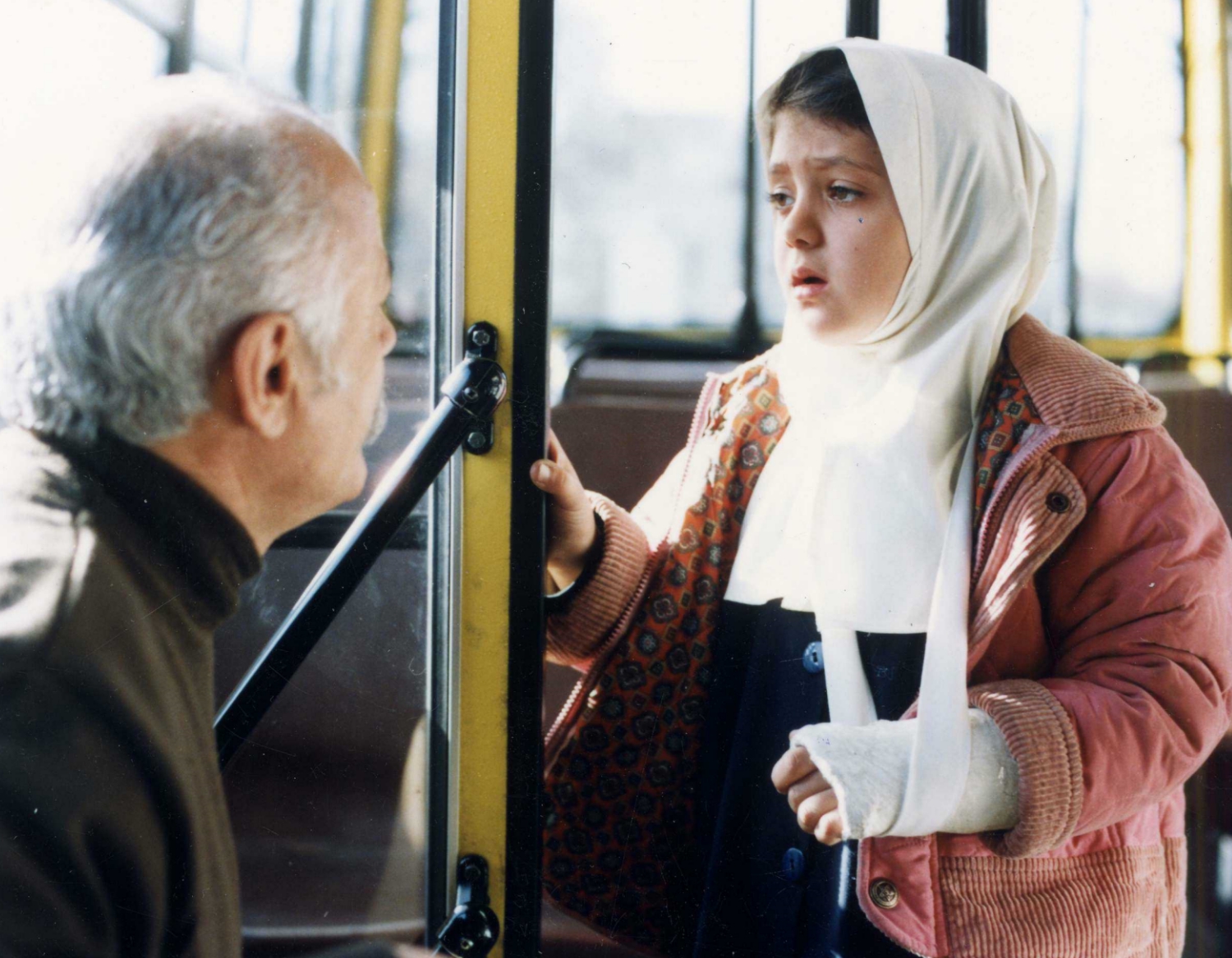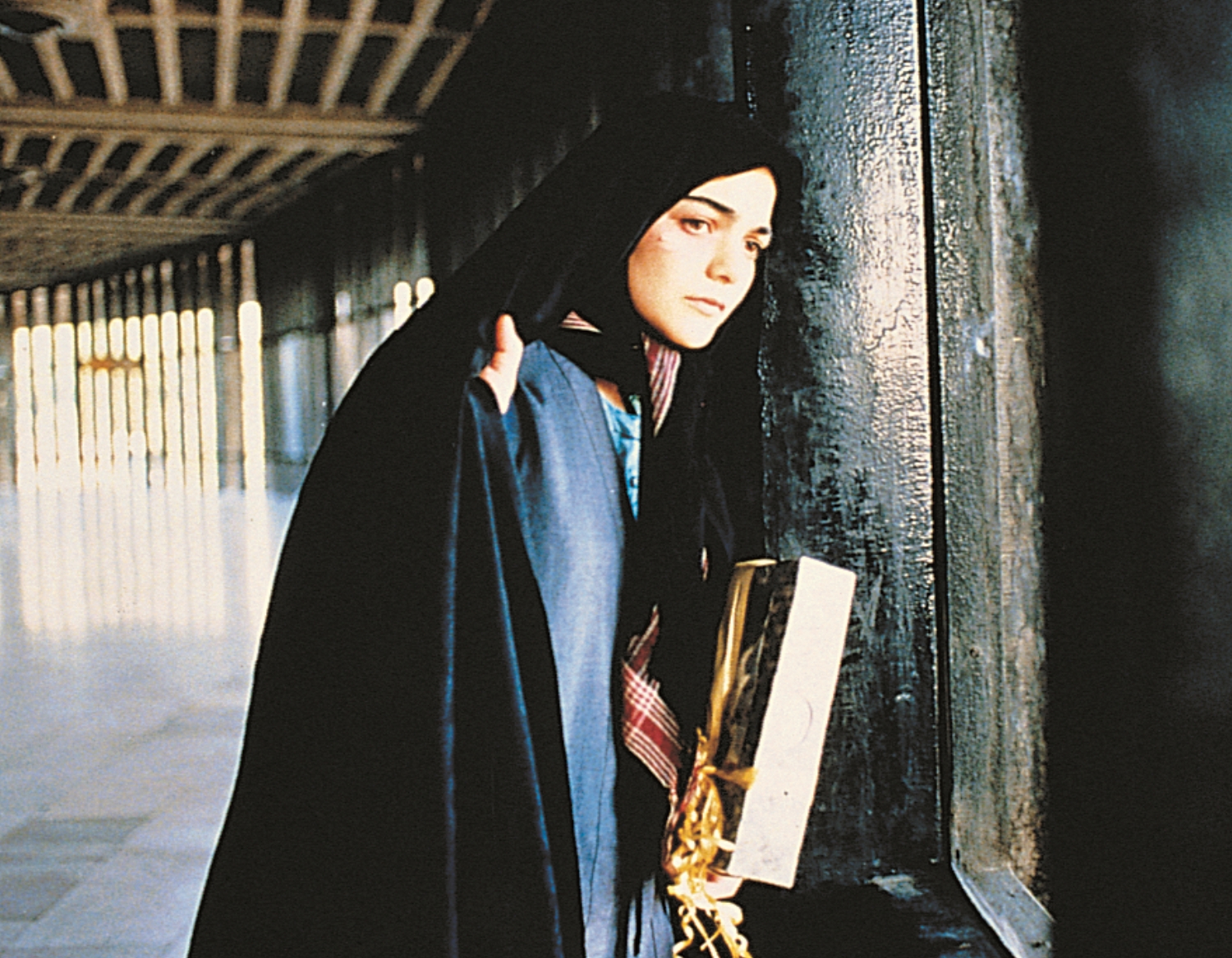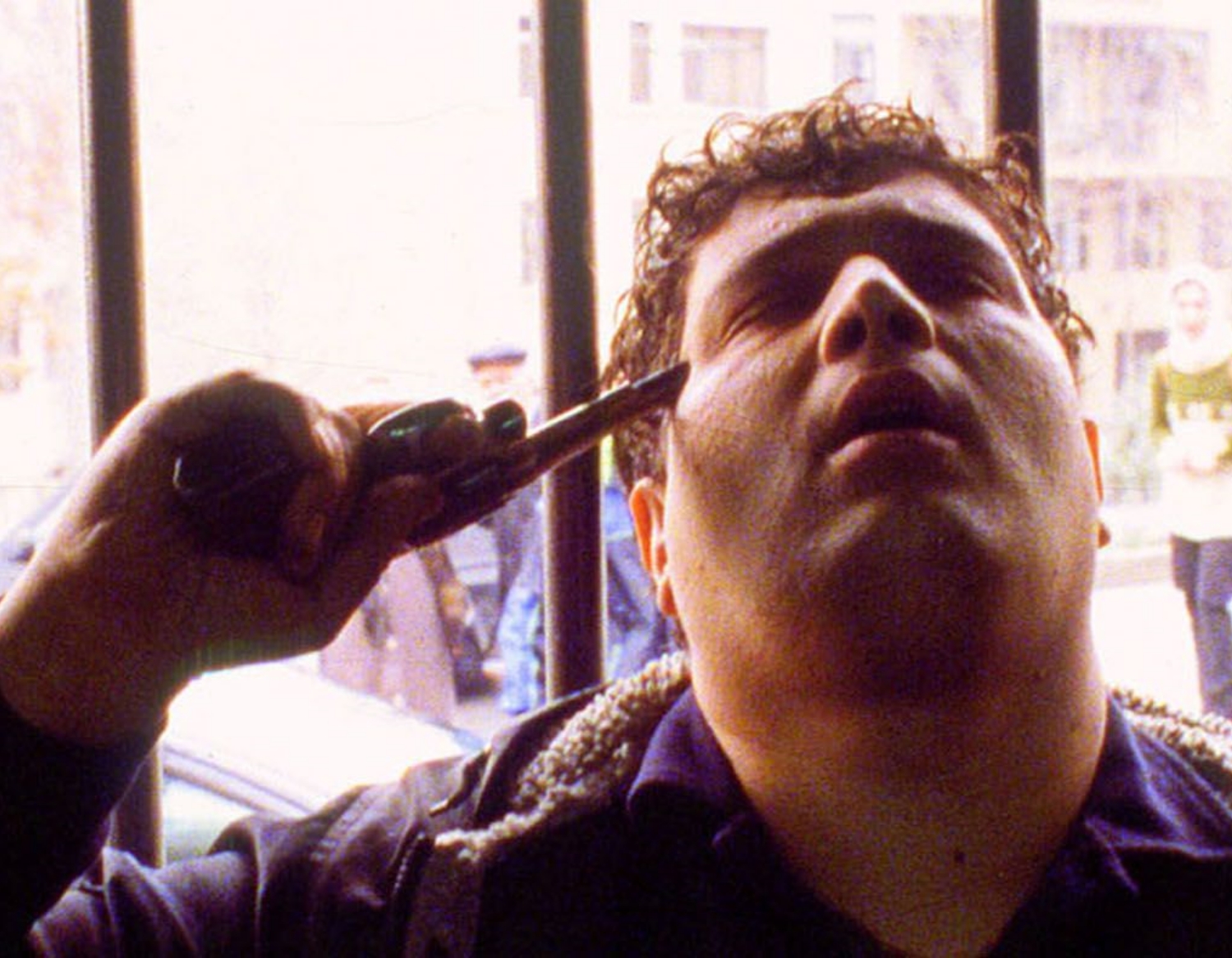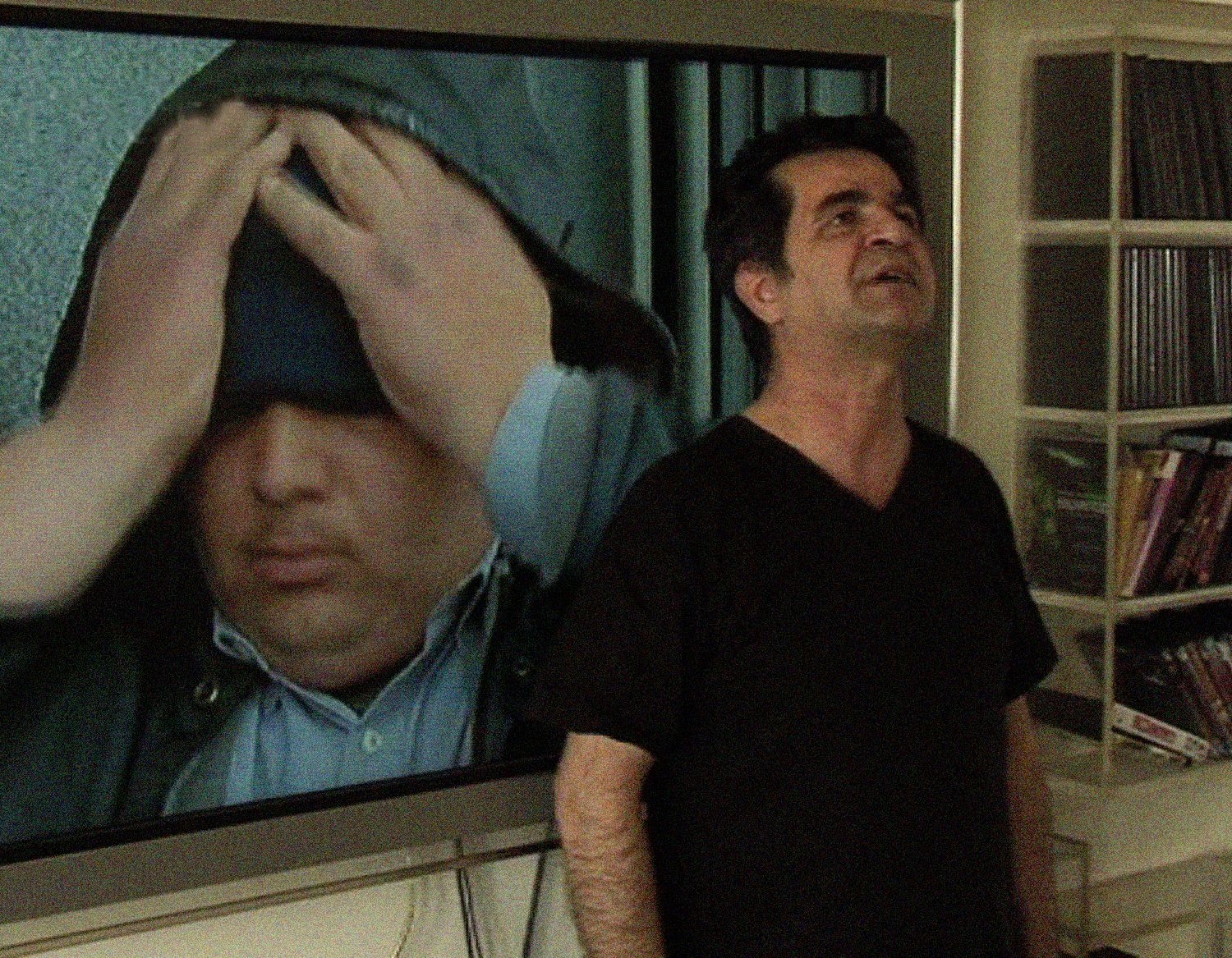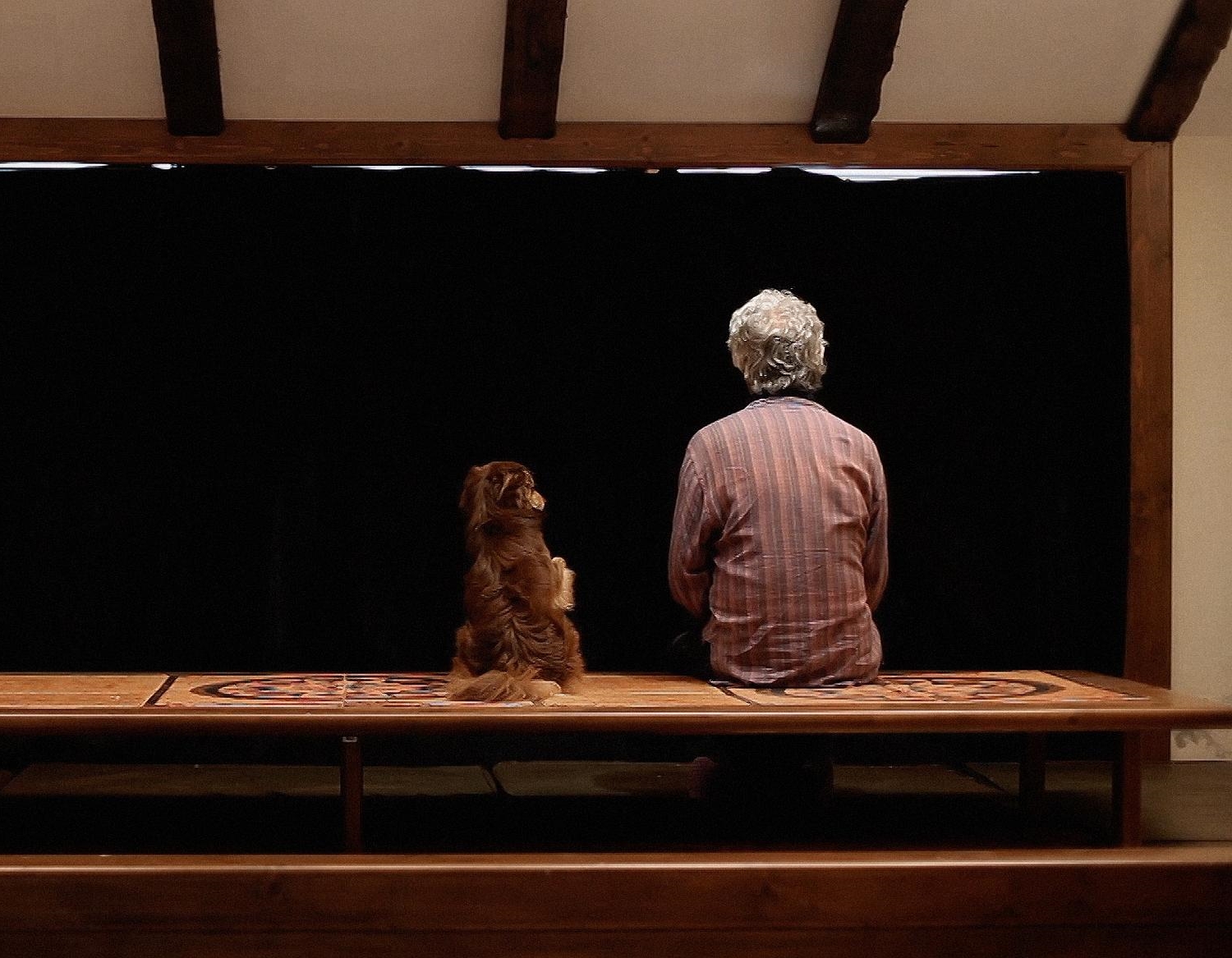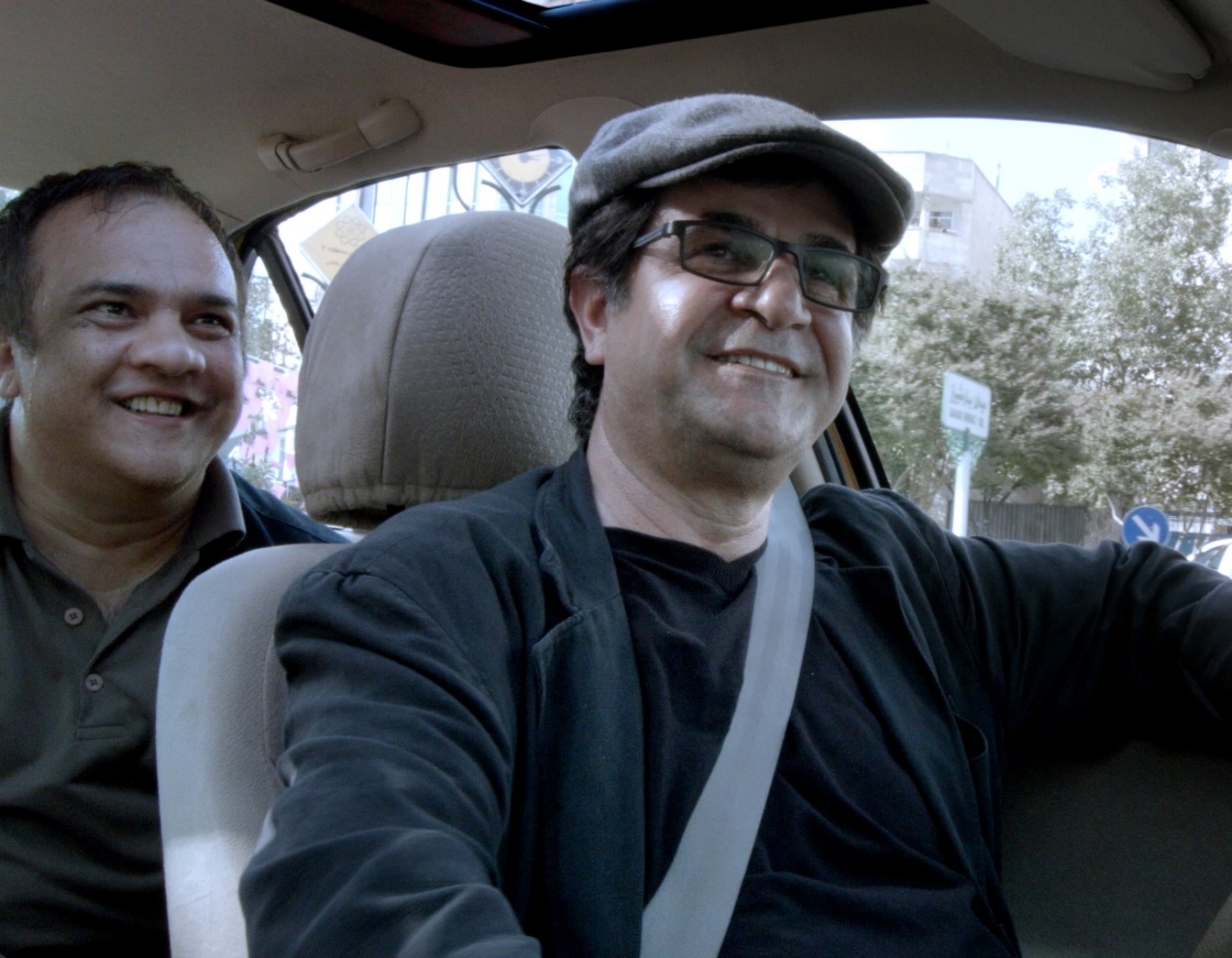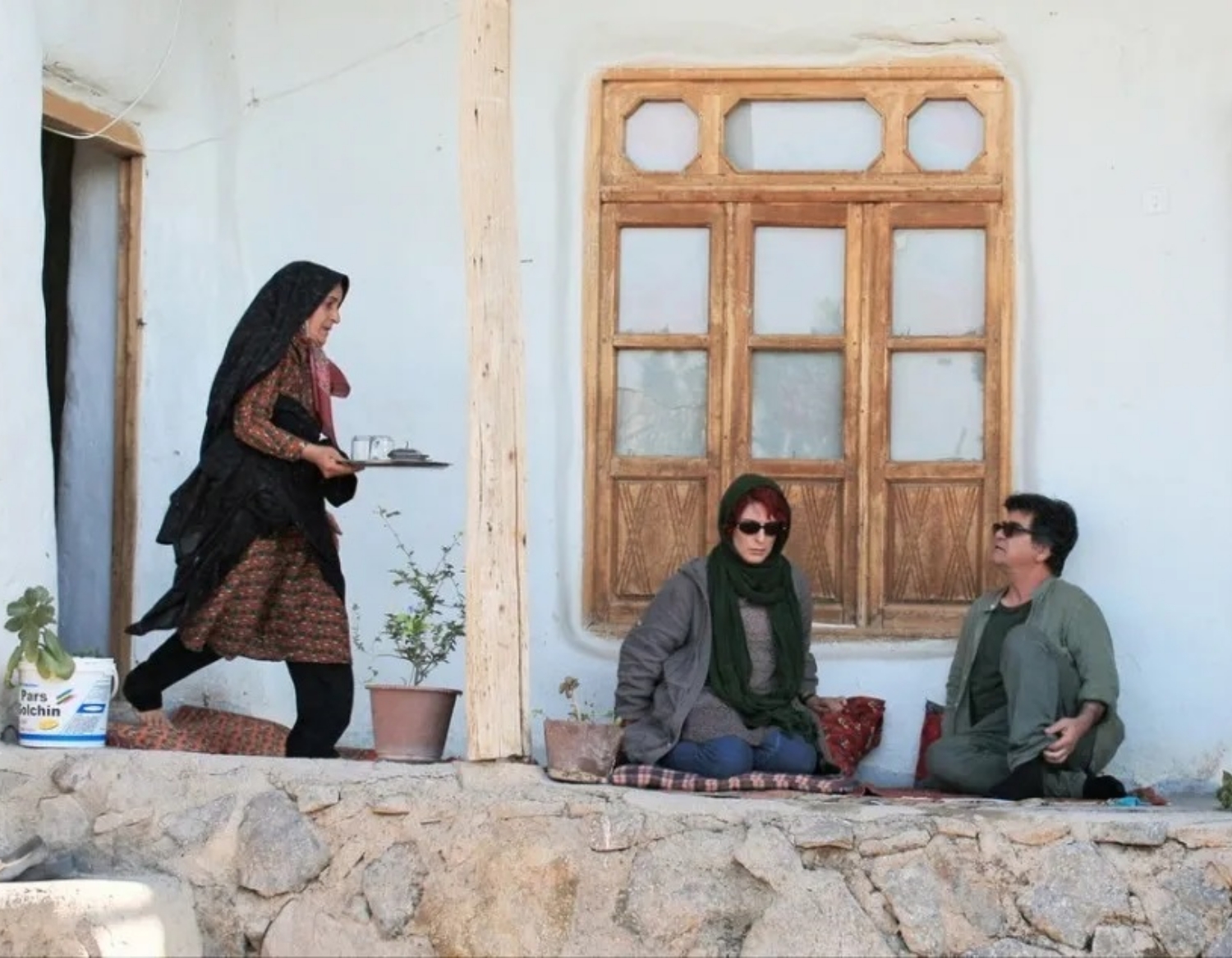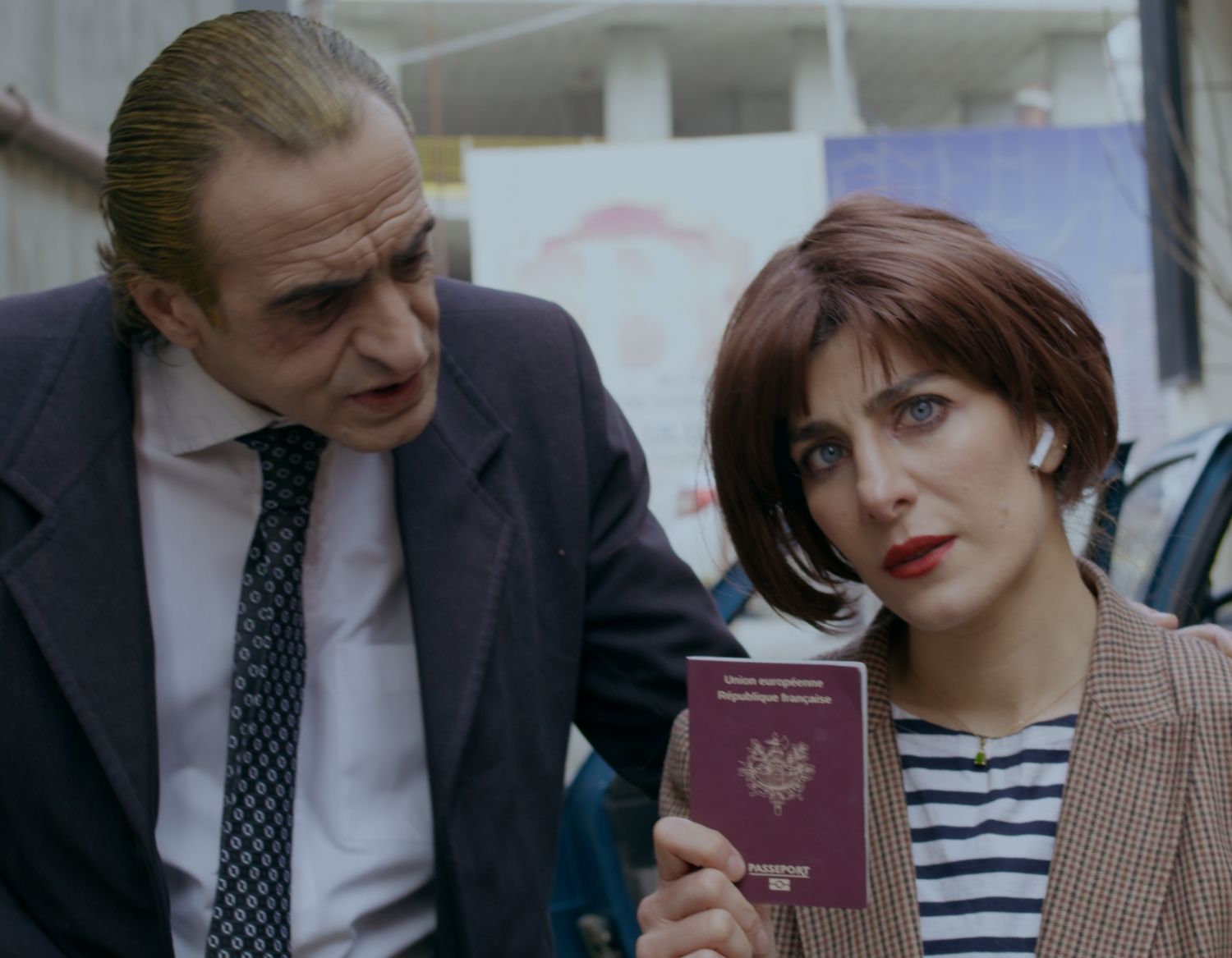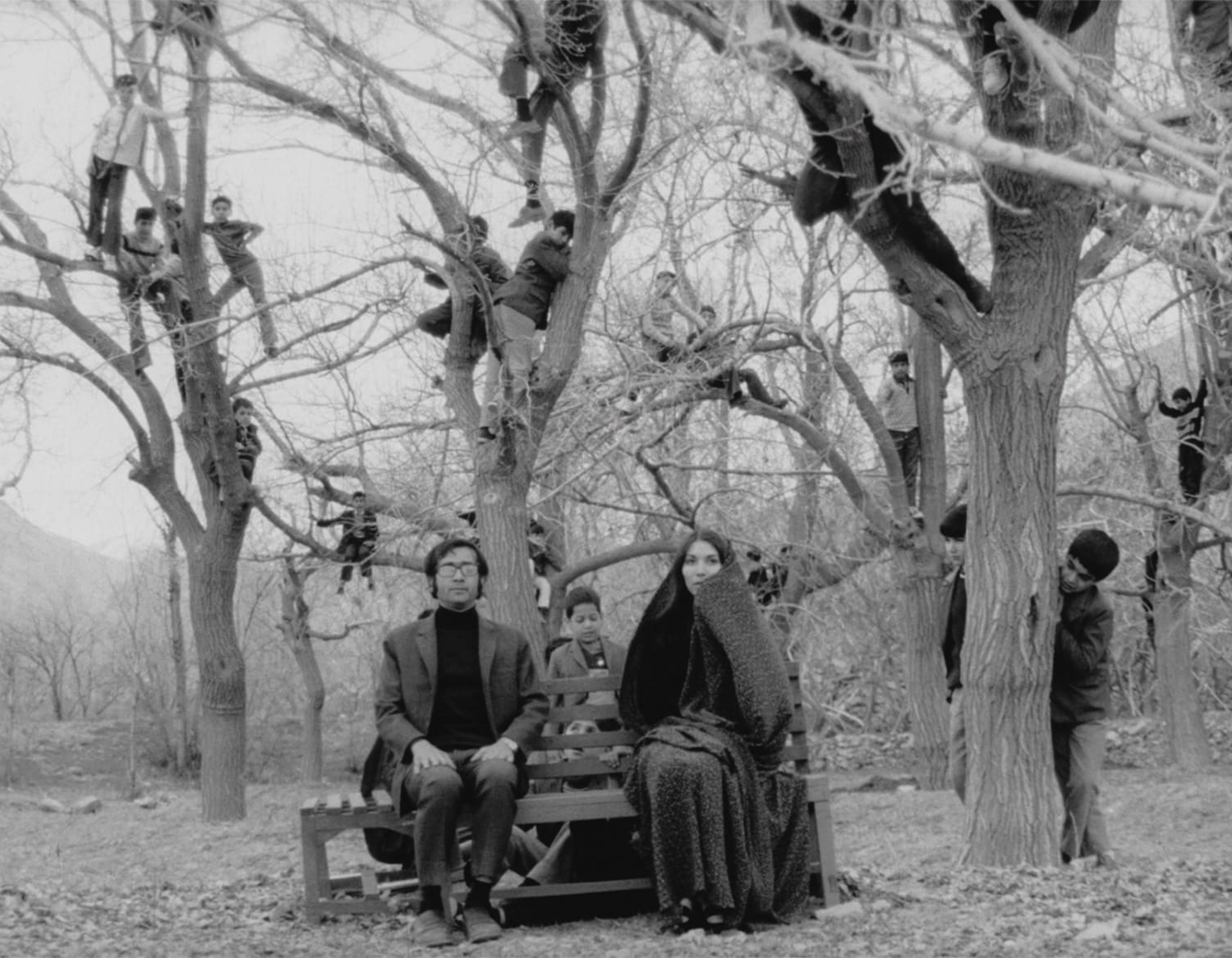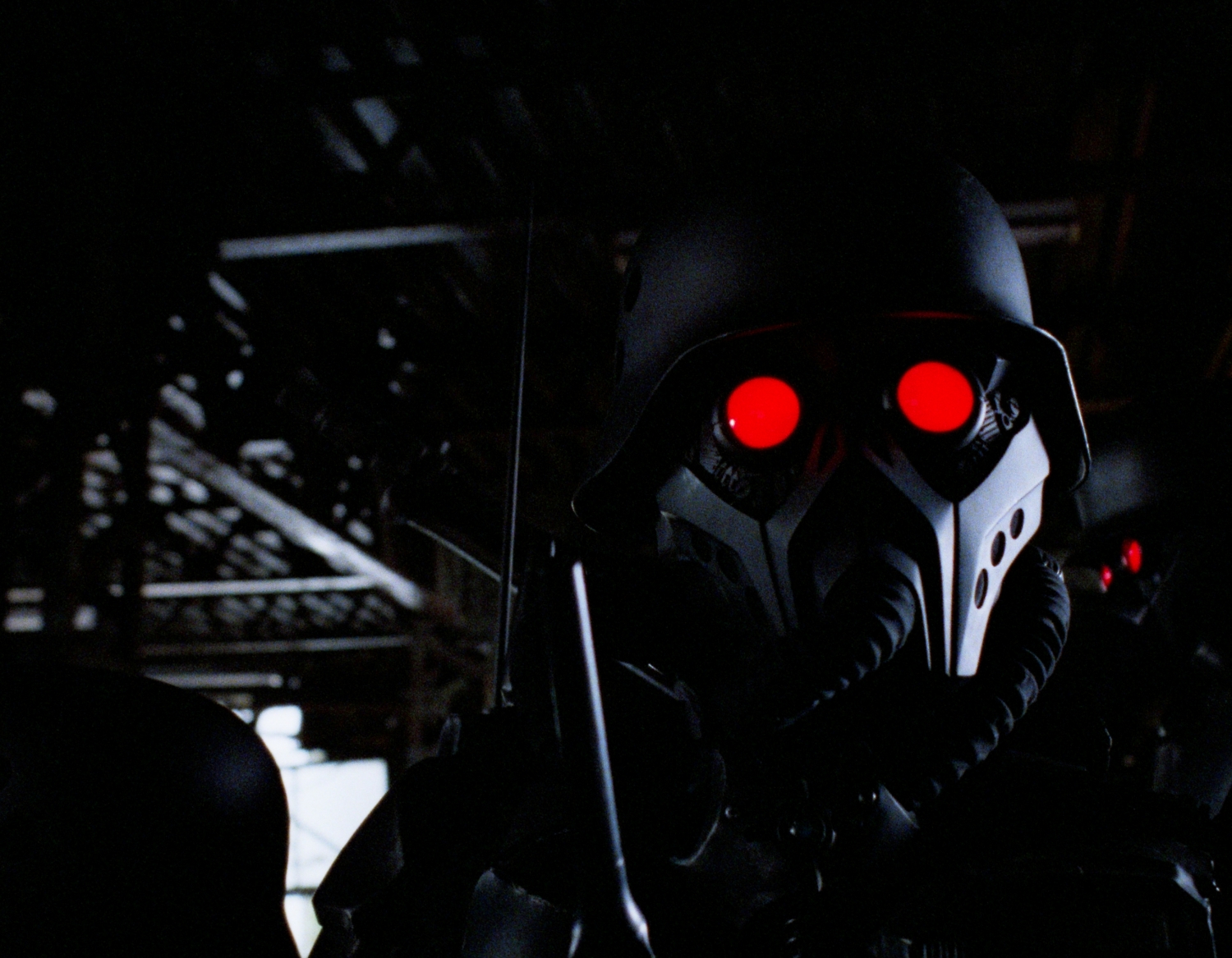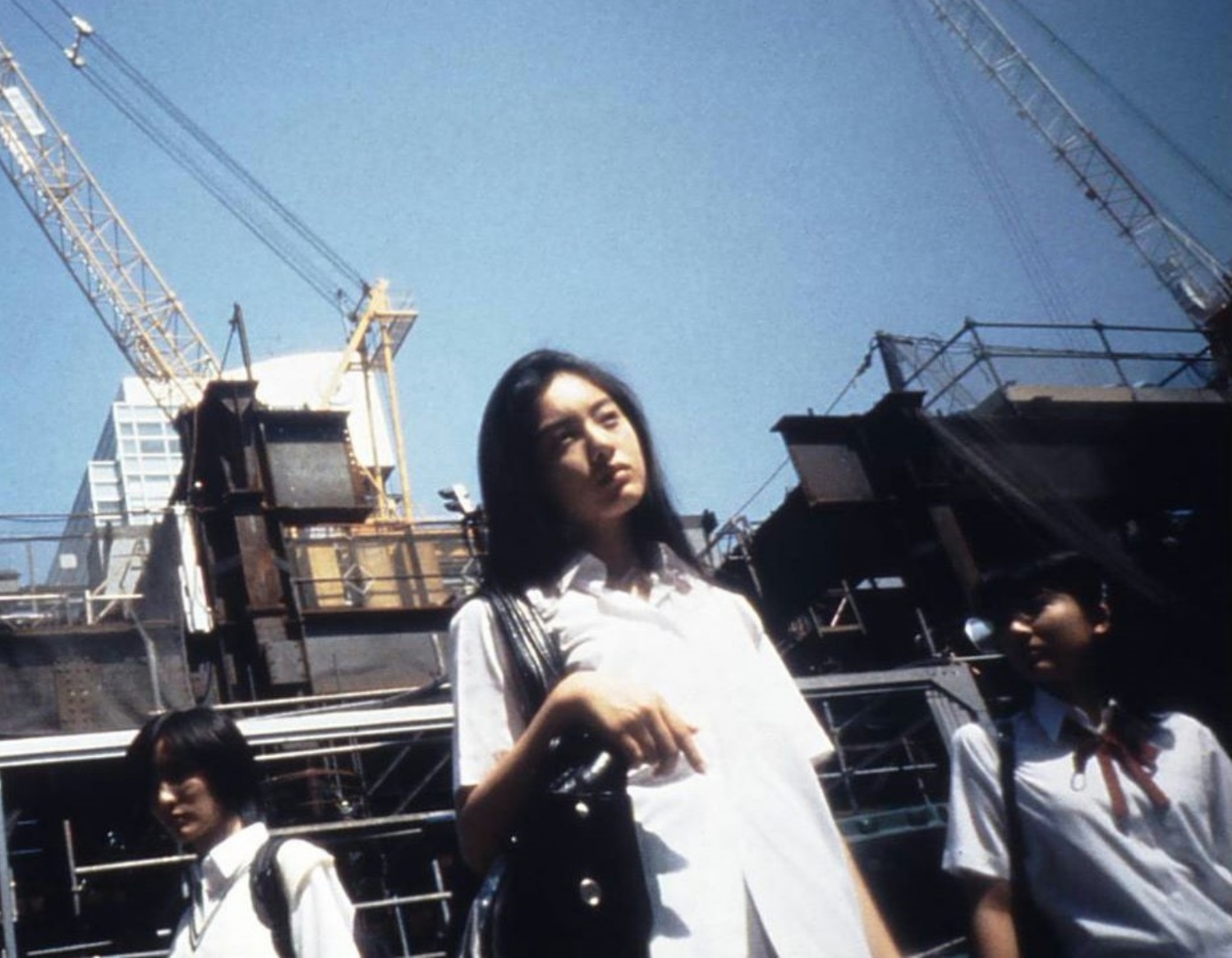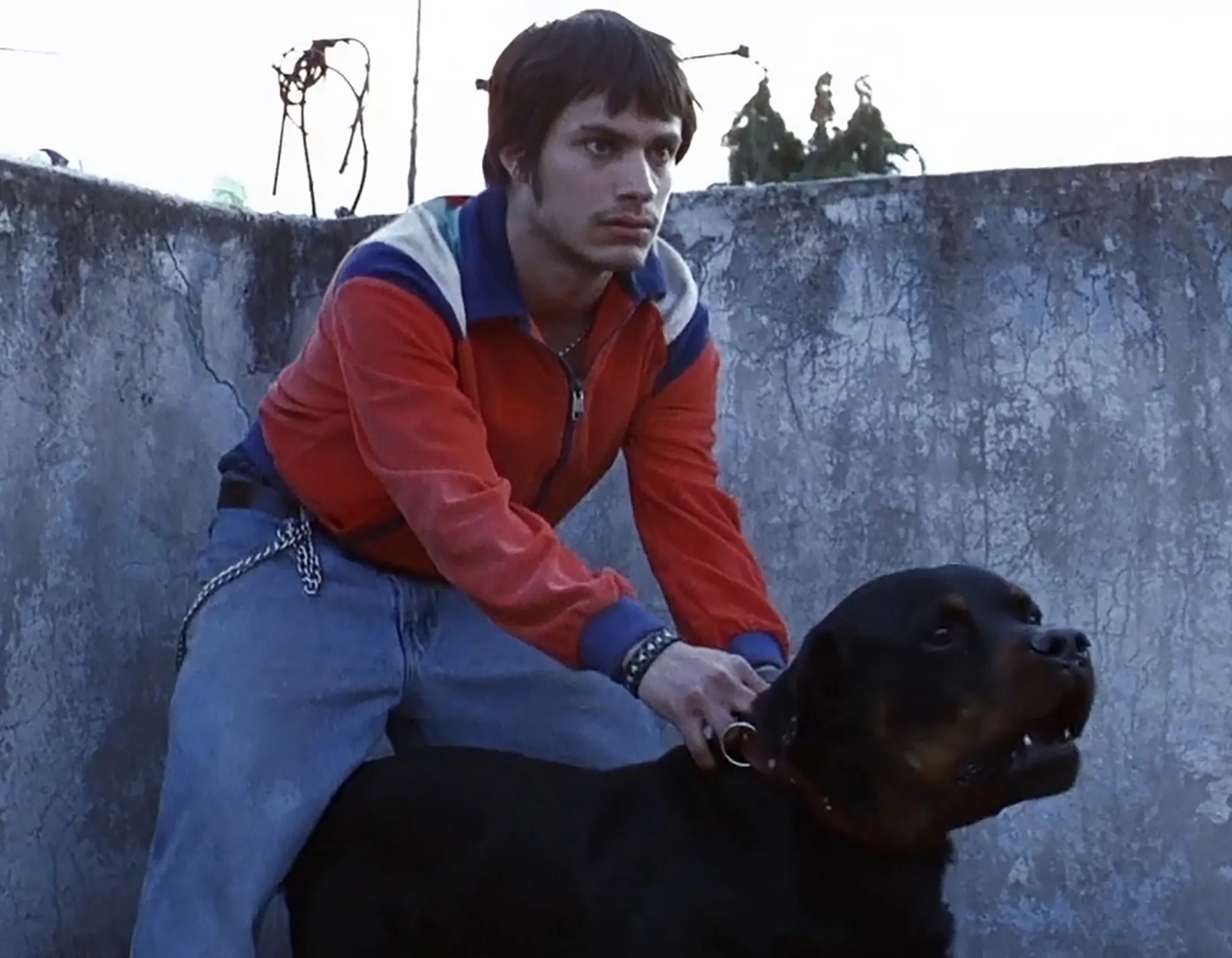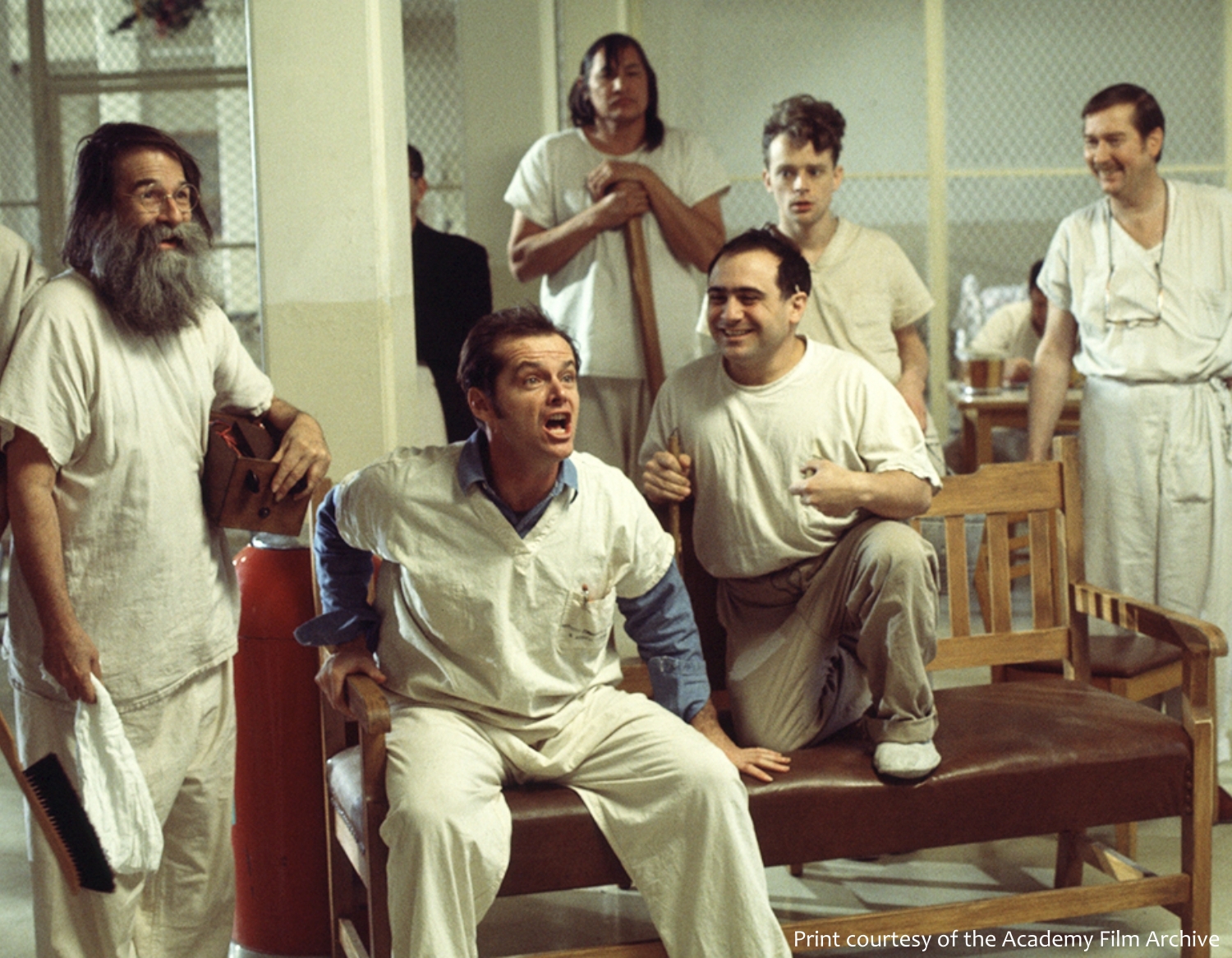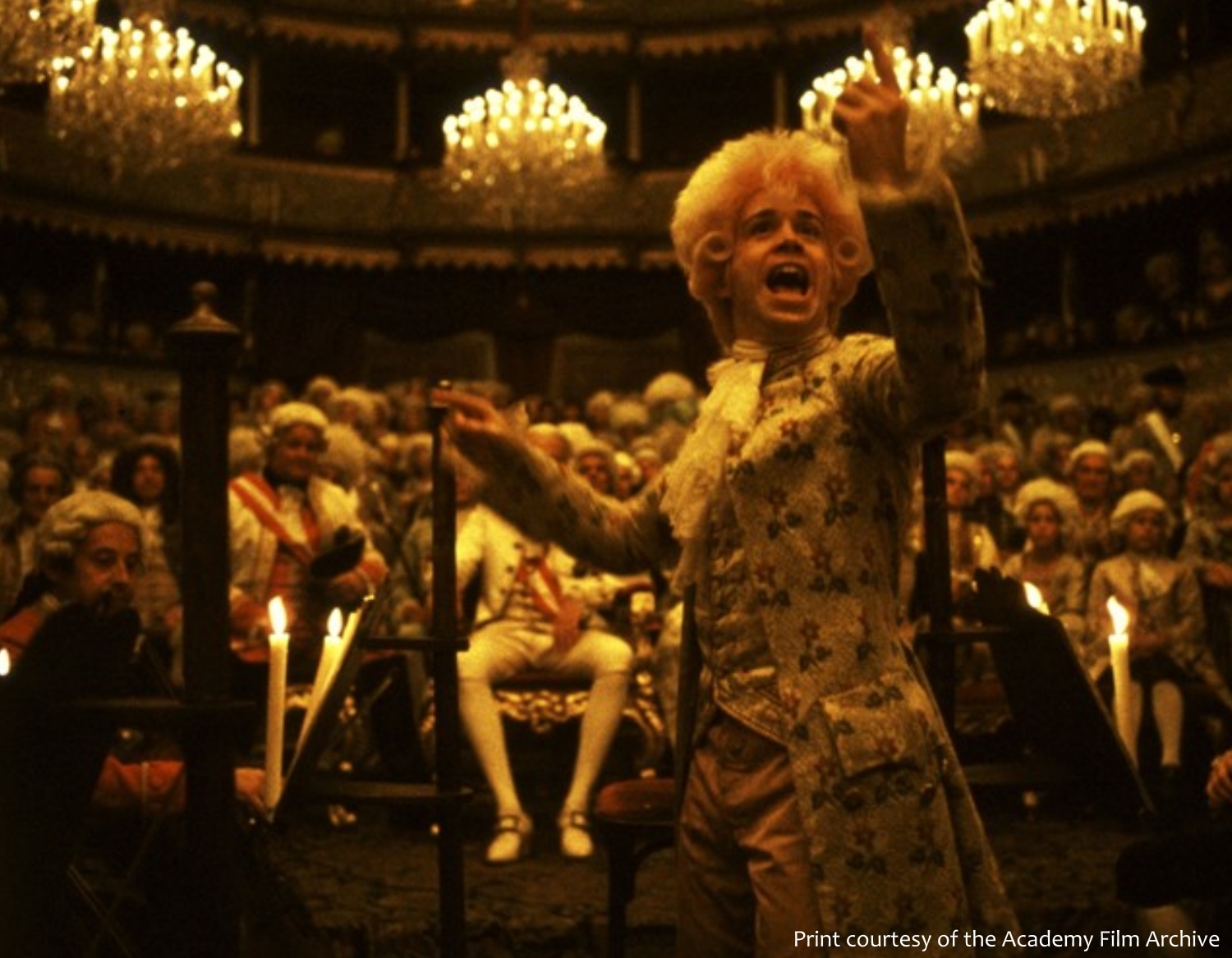2025
OPENING FILM
CLOSING FILM
GALA PREMIERE
FESTIVAL SPOTLIGHT

Young Mothers
Read more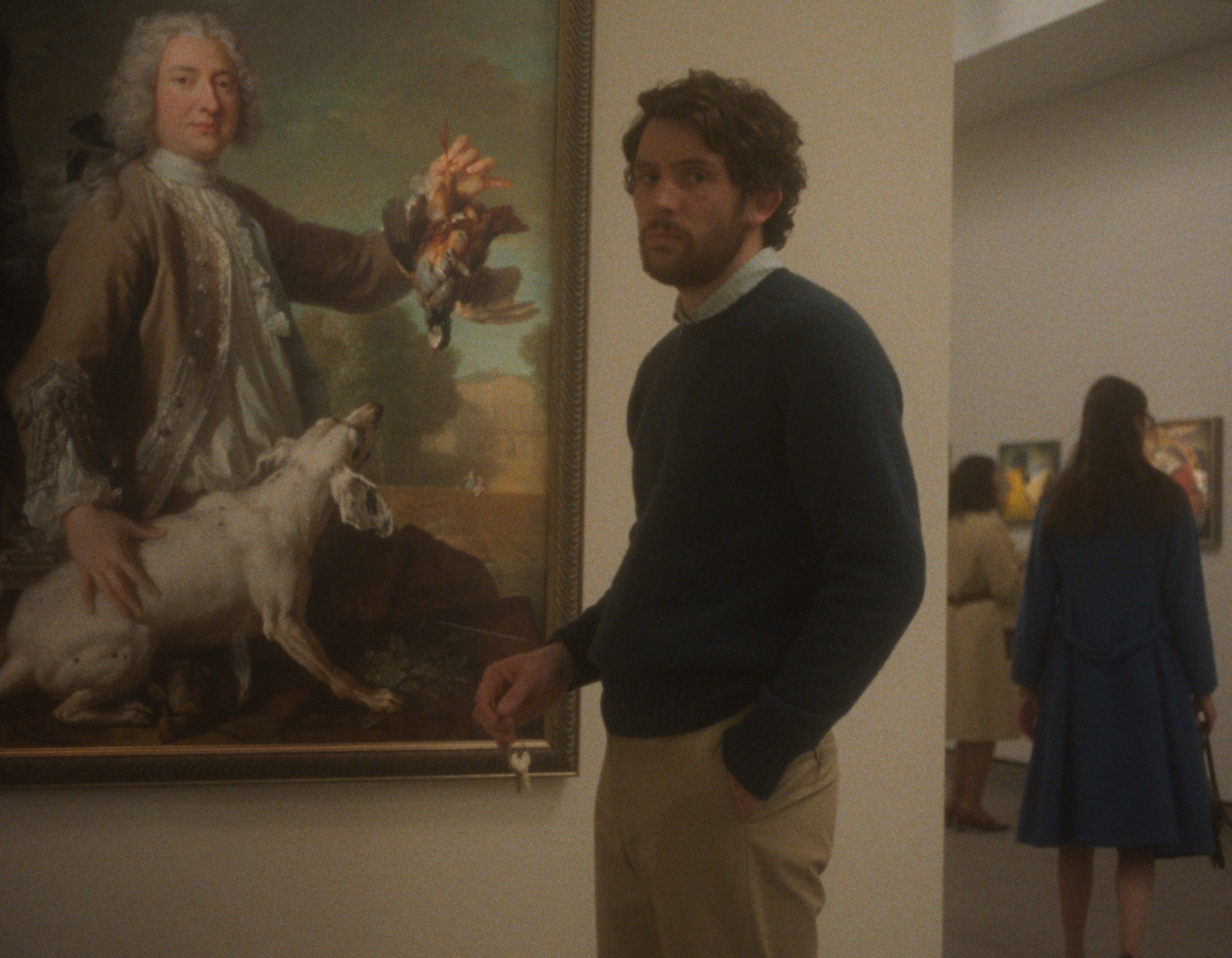
The Mastermind
Read more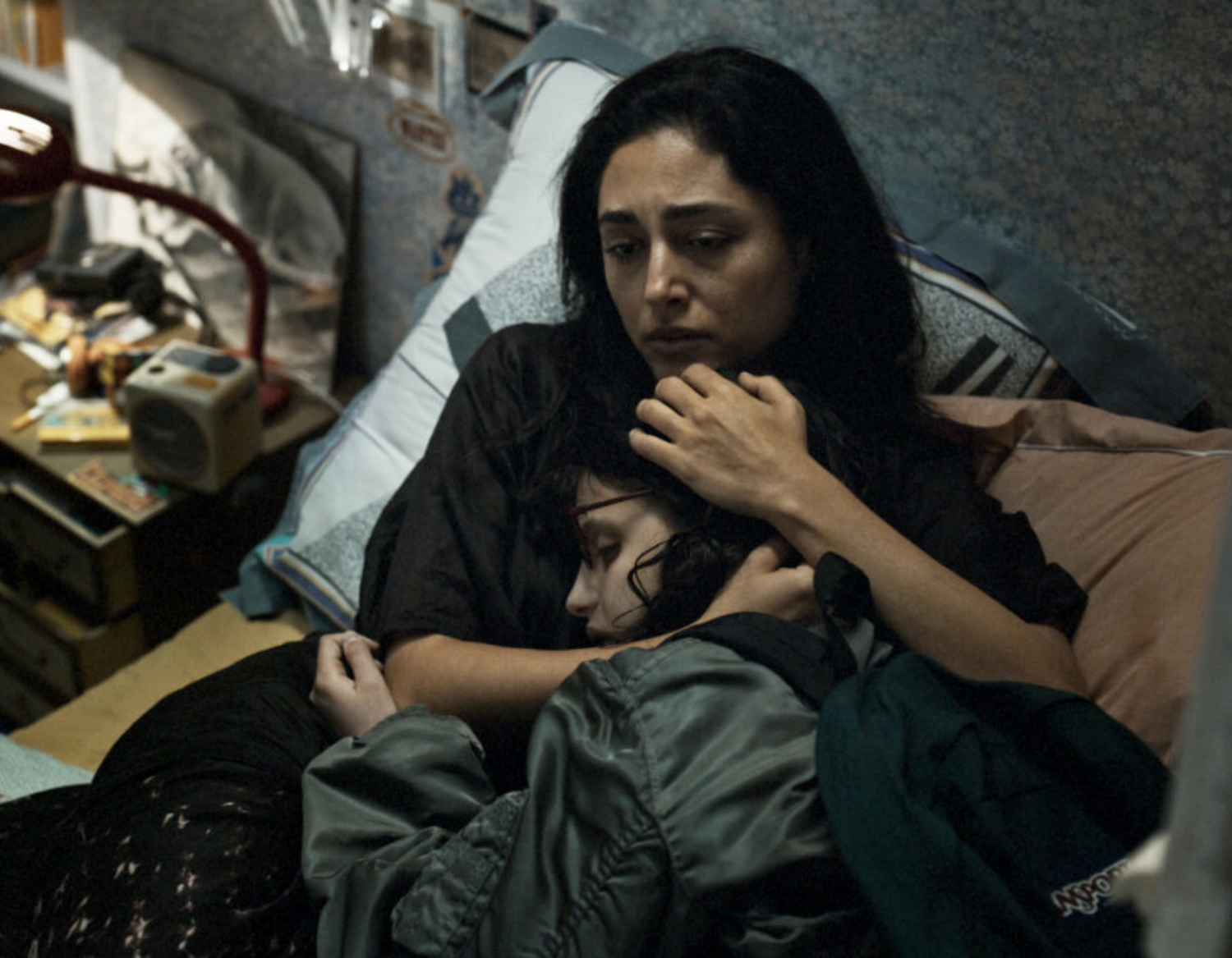
Alpha
Read more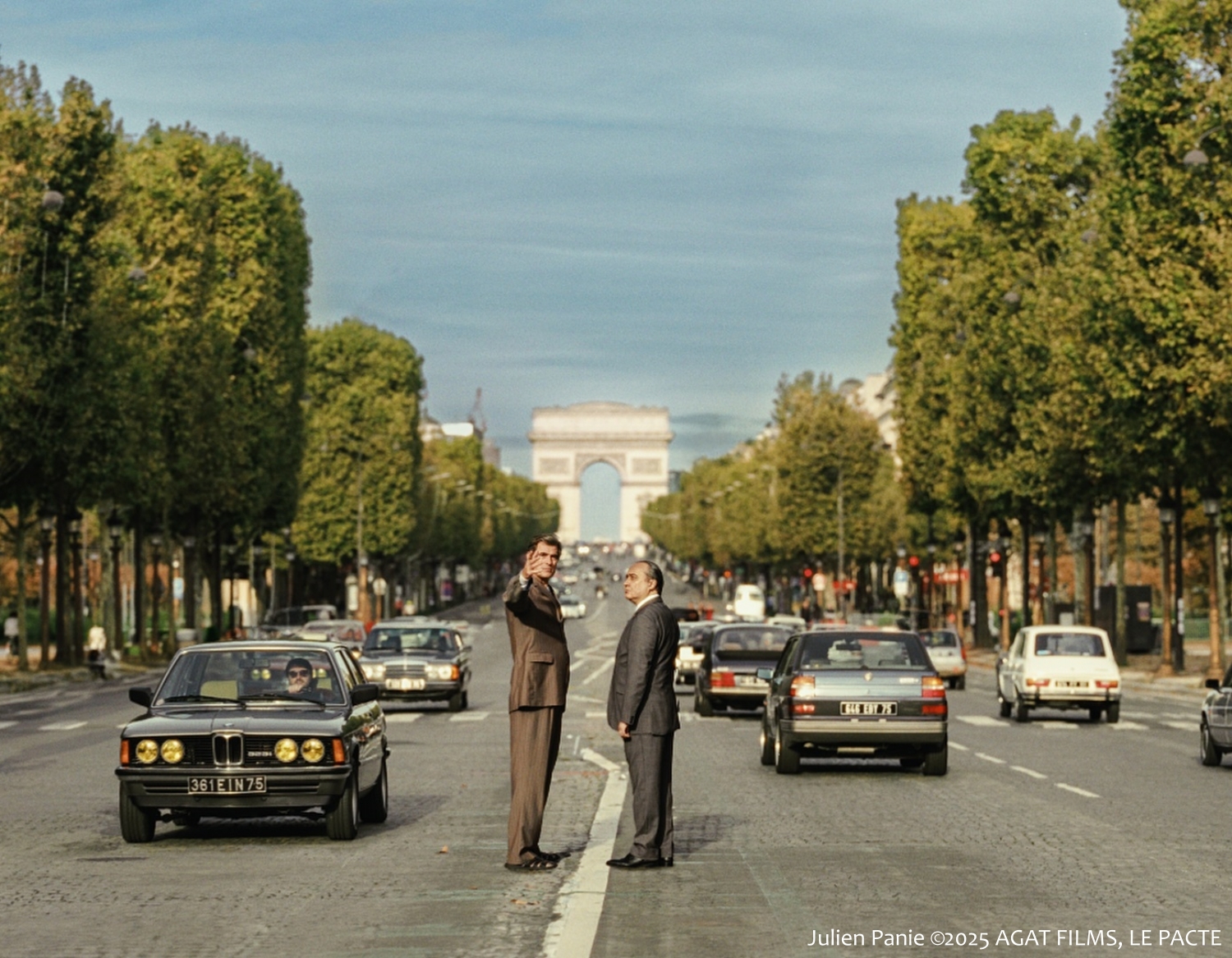
The Great Arch
Read more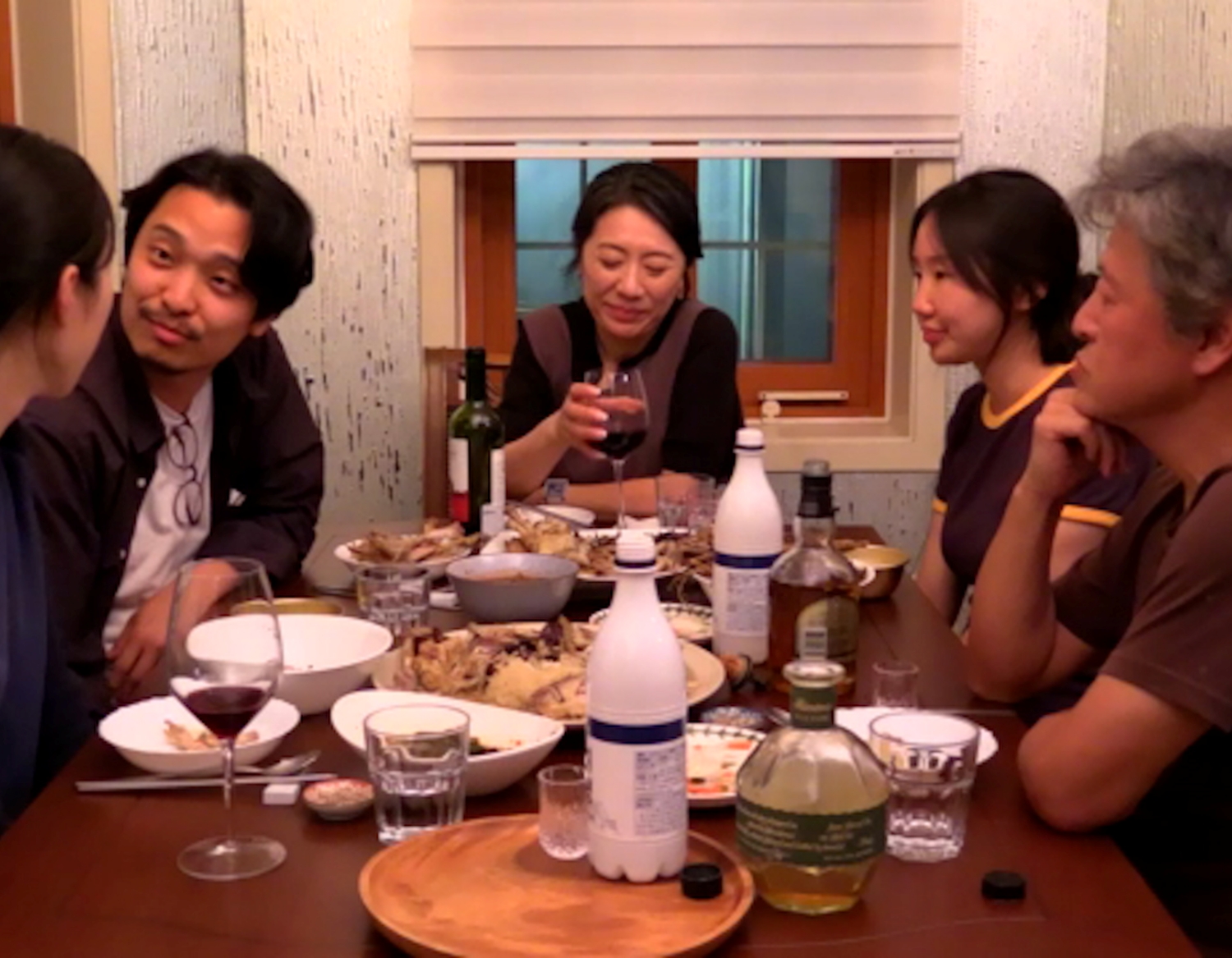
What Does That Nature Say to You
Read more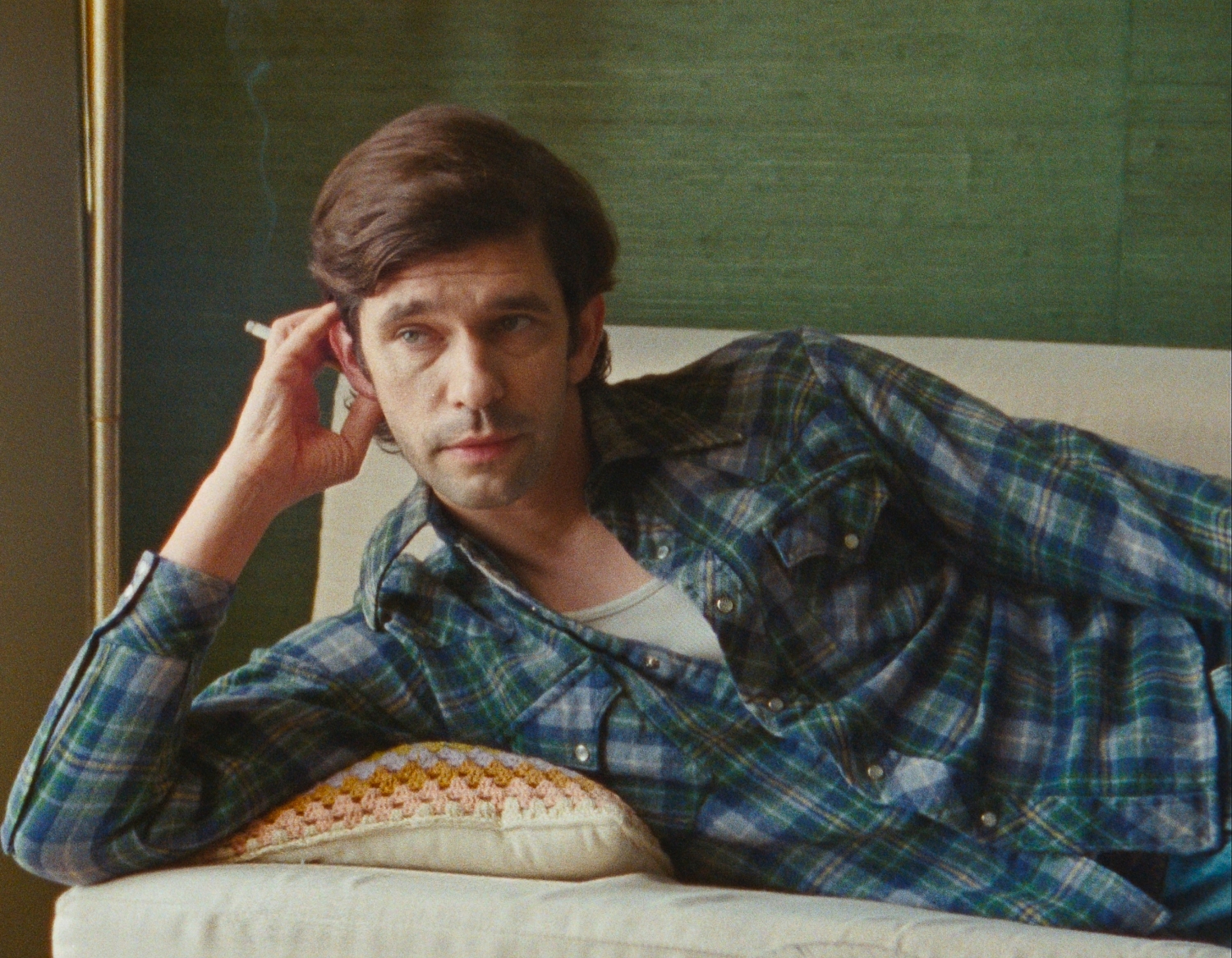
Peter Hujar's Day
Read more
Sorry, Baby
Read more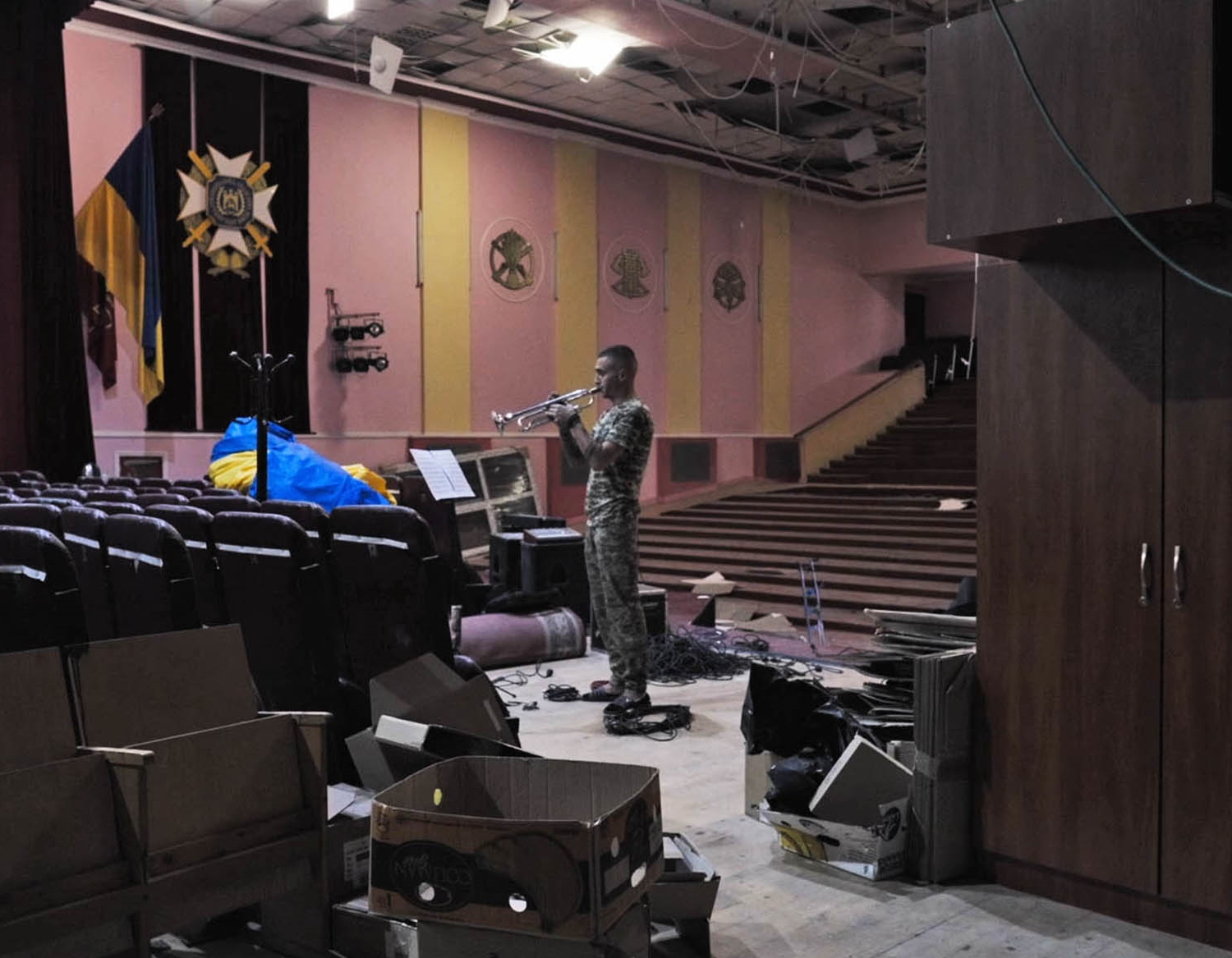
Time to the Target
Read more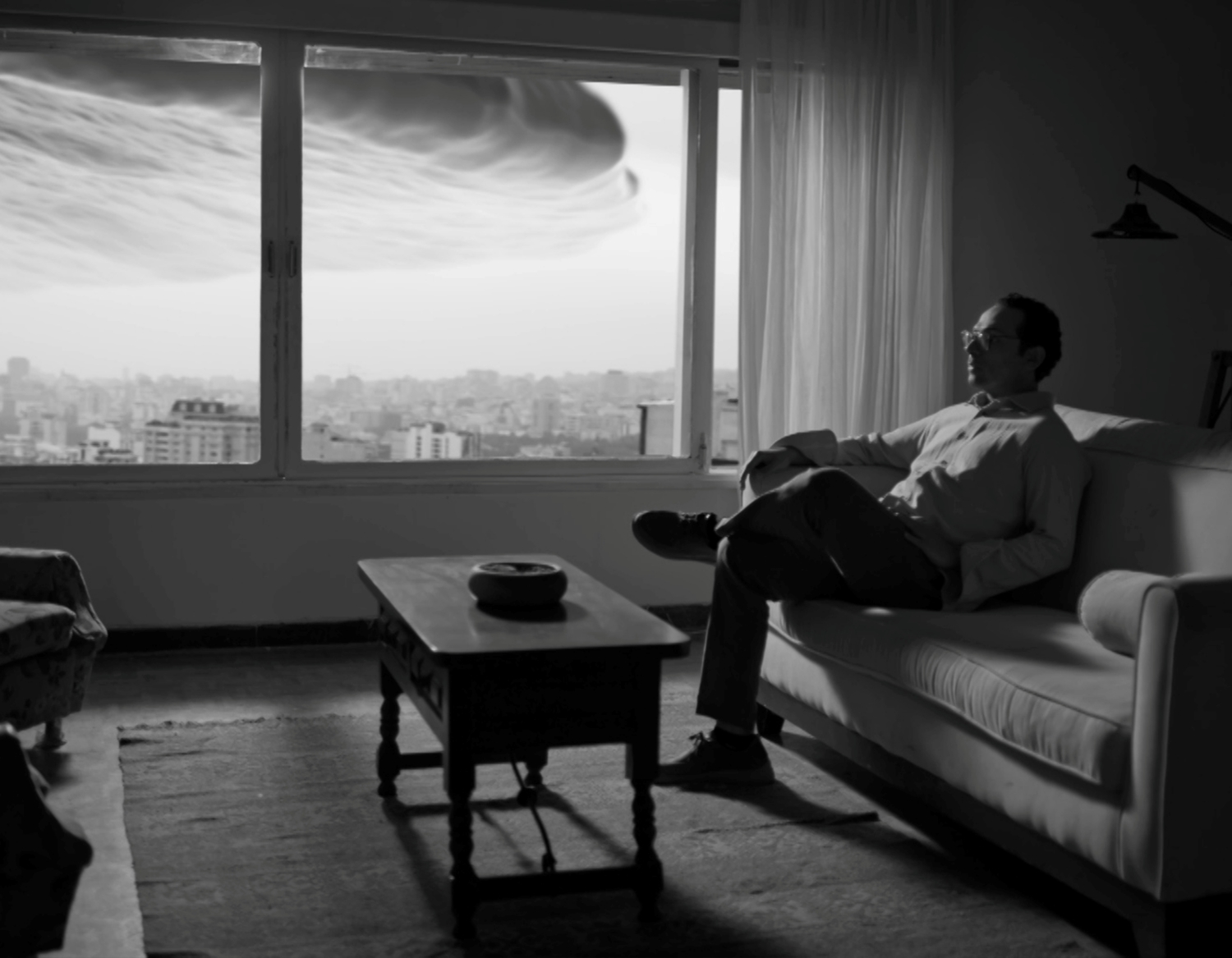
Higher Than Acidic Clouds
Read more
Shifting Baselines
Read more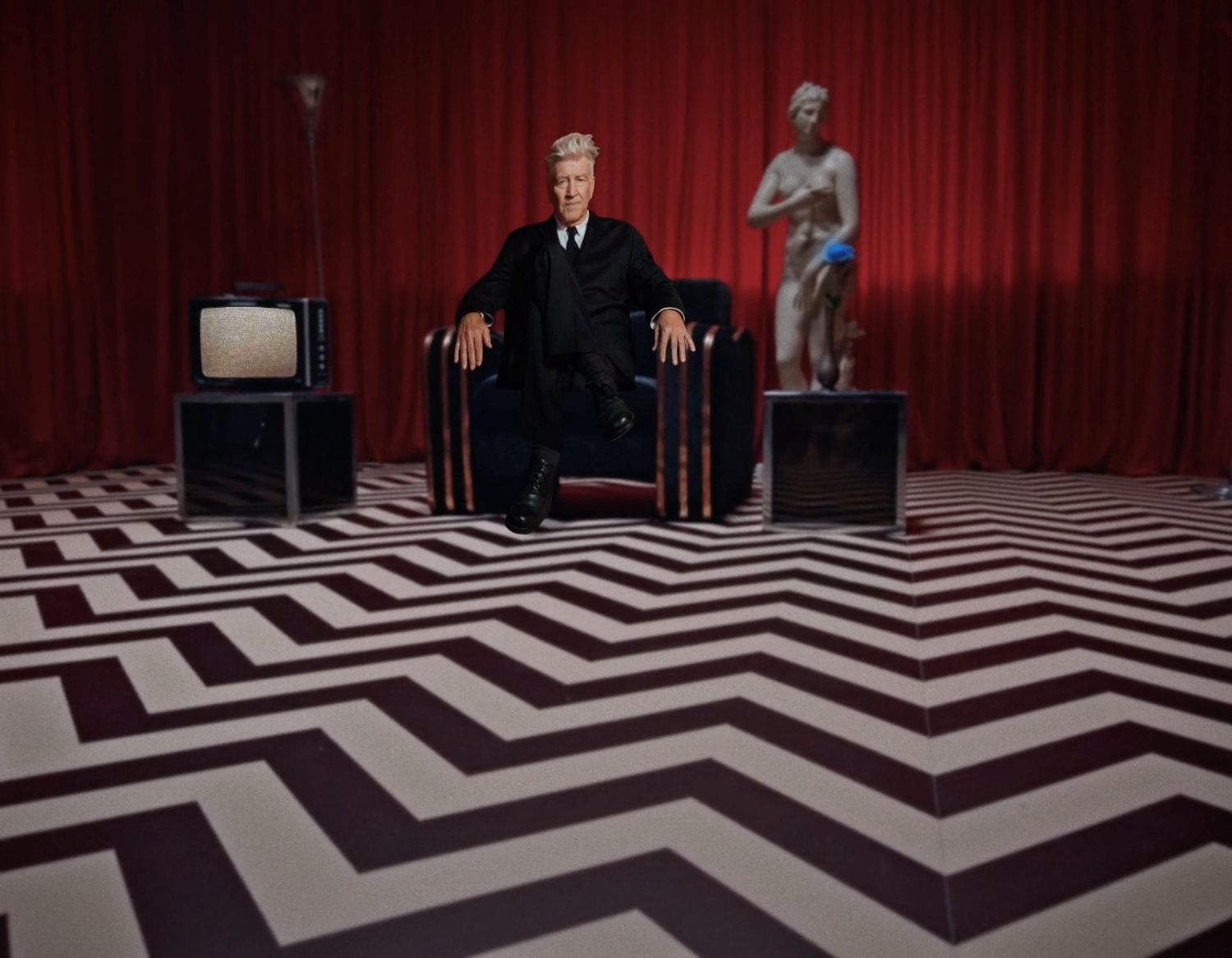
Welcome to Lynchland
Read more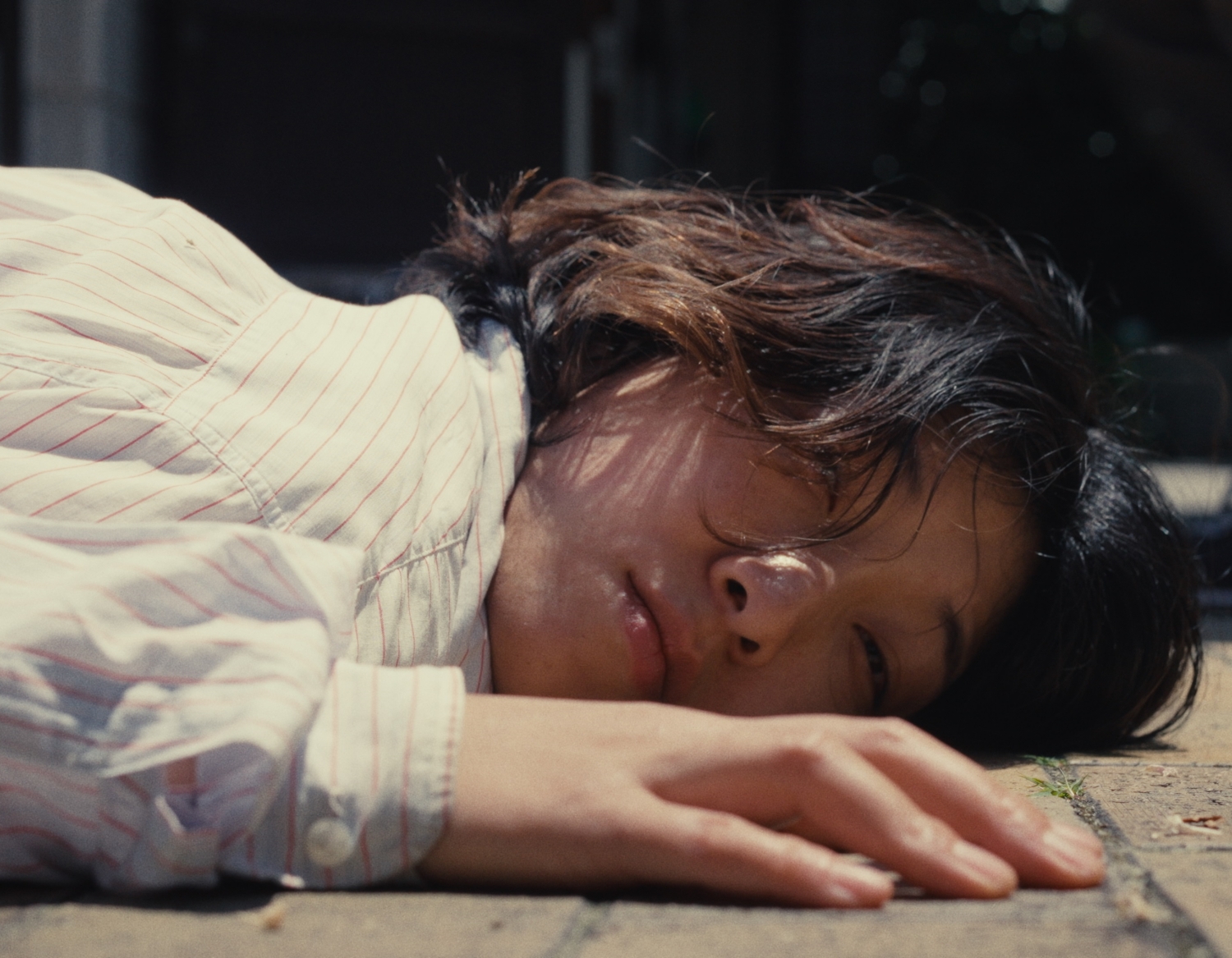
NOWNESS Shorts Selection
Read more
FANTASTIC BEATS
BEYOND THE CLOSED CURTAIN – THE CINEMA OF JAFAR PANAHI
One of the world's most acclaimed directors from Iran, and at once one of the most influential [...]
One of the world's most acclaimed directors from Iran, and at once one of the most influential artists heavily repressed by the Iranian regime, Jafar Panahi embodies a filmmaker's paradox like no other. Over decades of state censorship and imprisonment, he managed to deliver one extraordinary work af ter another, offering the most realistic and unflinching portrayal of contemporary Iranian life, while reflecting on what cinema should be. Despite attaining the rare feat of winning the top prize at all three major international film festivals, Panahi's achievement is never recognised in his homeland.
Beginning his film career as an assistant director to Abbas Kiarostami on Through the Olive Trees, Panahi made his breakthrough with the debut feature, The White Balloon, followed by The Mirror, both bringing prestige to Iranian children's films. Shifting from neo-realism to social criticism, the director infuses into his work profound humanitarianism in an unsentimental fashion, without necessarily overriding political and social messages. From The Circle, Crimson Gold to Offside, his recurring theme of 'humanity and its struggle' is, however, accused of 'propaganda against the regime'. Even though he never considers himself a political or dissident filmmaker, all of his films have been banned in his native country ever since.
For his affiliation with the Green Movement, Panahi was sentenced to a six-year prison term and a twenty-year ban on filmmaking. Paradoxically, the oppression was transformed into his creative inspiration. Making use of his limited personal space and resources under house arrest, he devises a subversive strategy to represent himself on screen, making stark and powerful personal statements through his self-reflexive portrait, alongside critical reflections on political absurdity and social injustice. Obfuscating the divide between fiction and reality, Panahi the actor (This Is Not a Film), the director (Closed Curtain), and the driver (Taxi) become the very medium through which he champions artistic freedom, and deeply introspective ruminations on filmmaking itself.
The motif of the circle – the camera returns to the point where it began – is both his signature form and his metaphor for life. Taking cinema as a religion, Panahi remains faithful to his adamant resistance against censorship, and his satirical criticisms of theocratic autocracy and patriarchal values – made all the more apparent in 3 Faces, No Bears, and the latest It Was Just an Accident. Yet the humanistic aspect is never out of sight in his compelling stories, as his lens unrelentingly embraces social consciousness and compassion, especially towards women and the underprivileged who are living in the invisible prison of society, not unlike himself.
Living a life at risk for his art, is it worth it? 'When you live in an ideological dictatorship – a closed system – you have no choice,' Panahi explains. 'I have become a filmmaker in spite of restrictions… I've put my heart into every one of them (the films). I've made a positive choice by making them. I'm happy with the choice I've made.'

